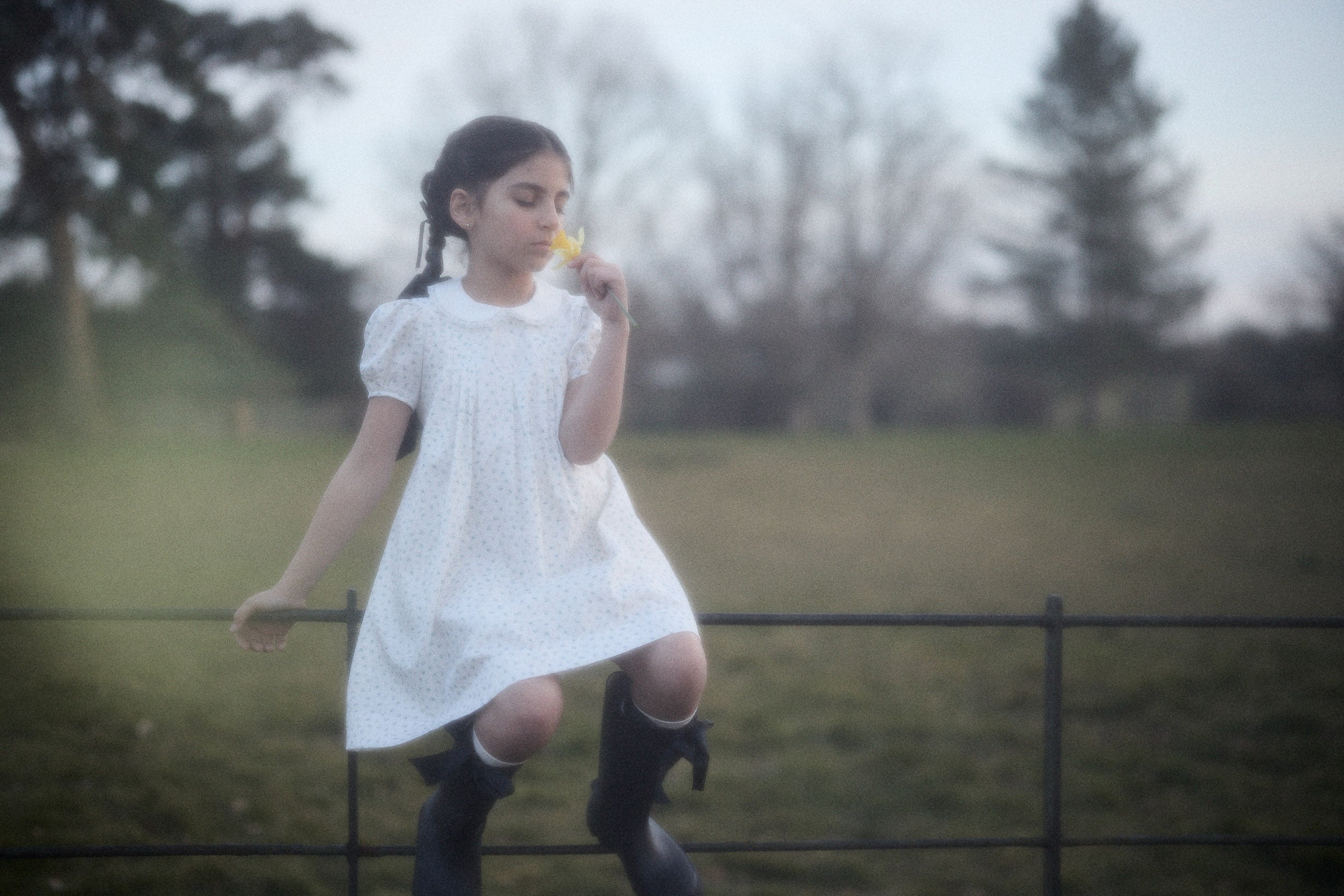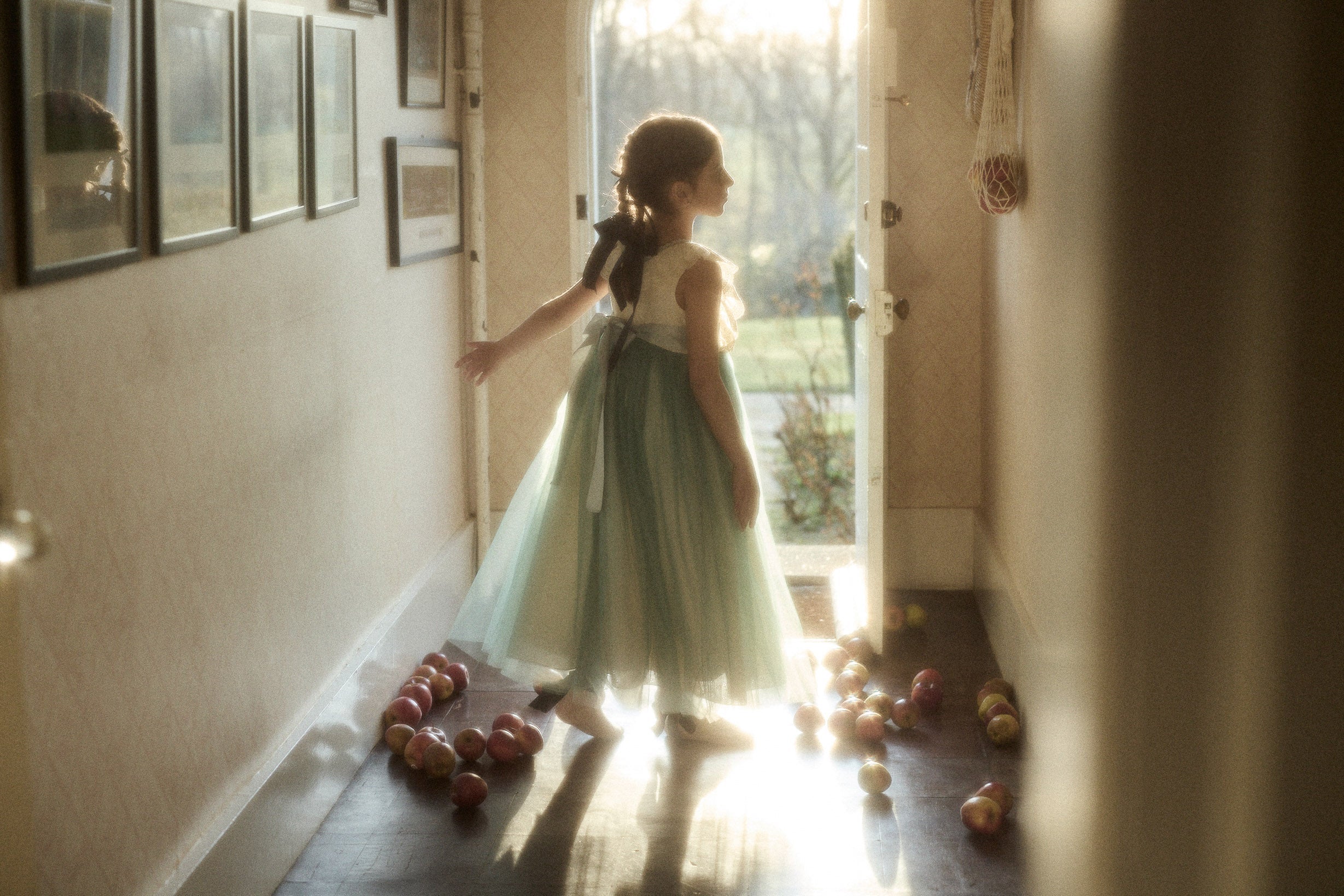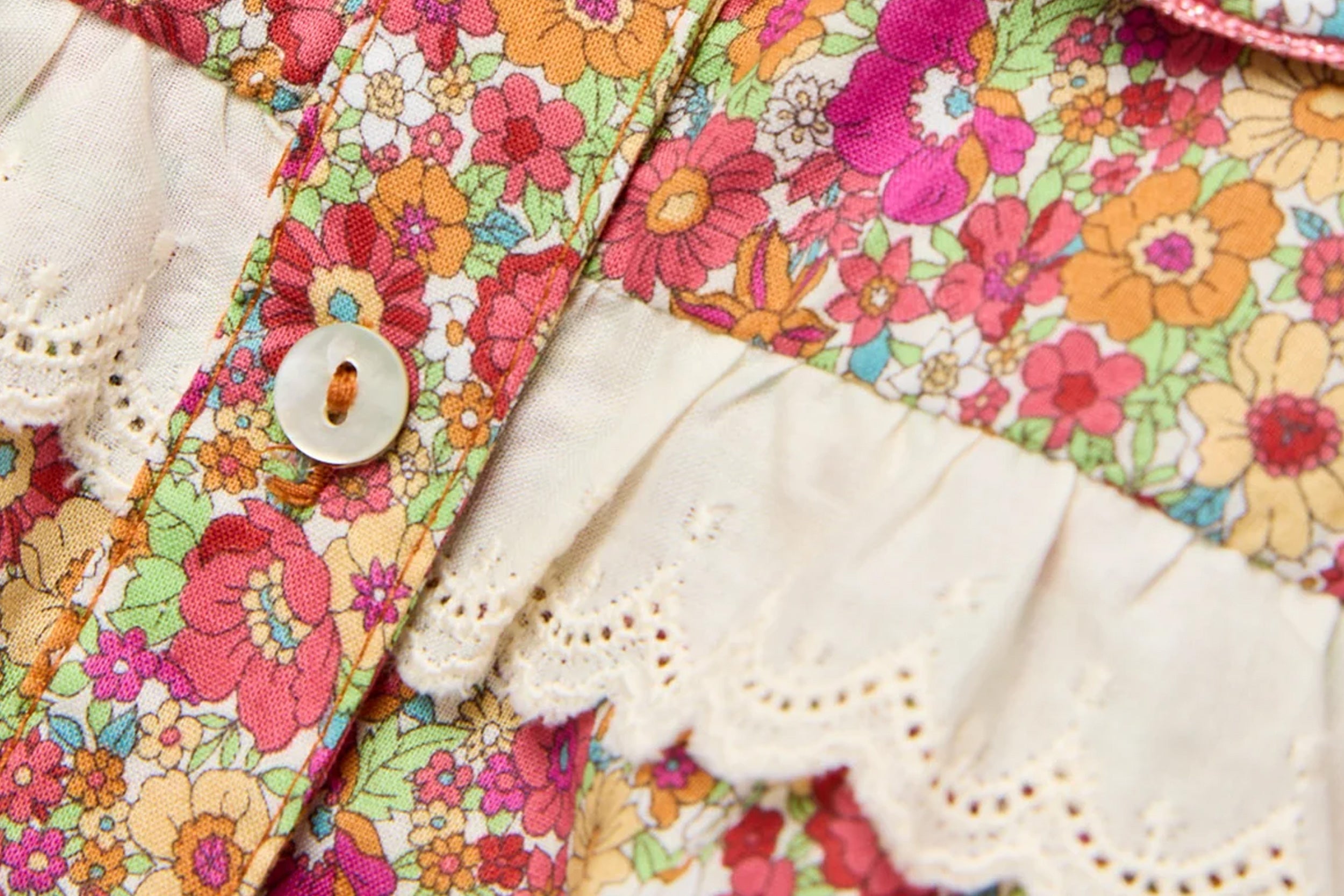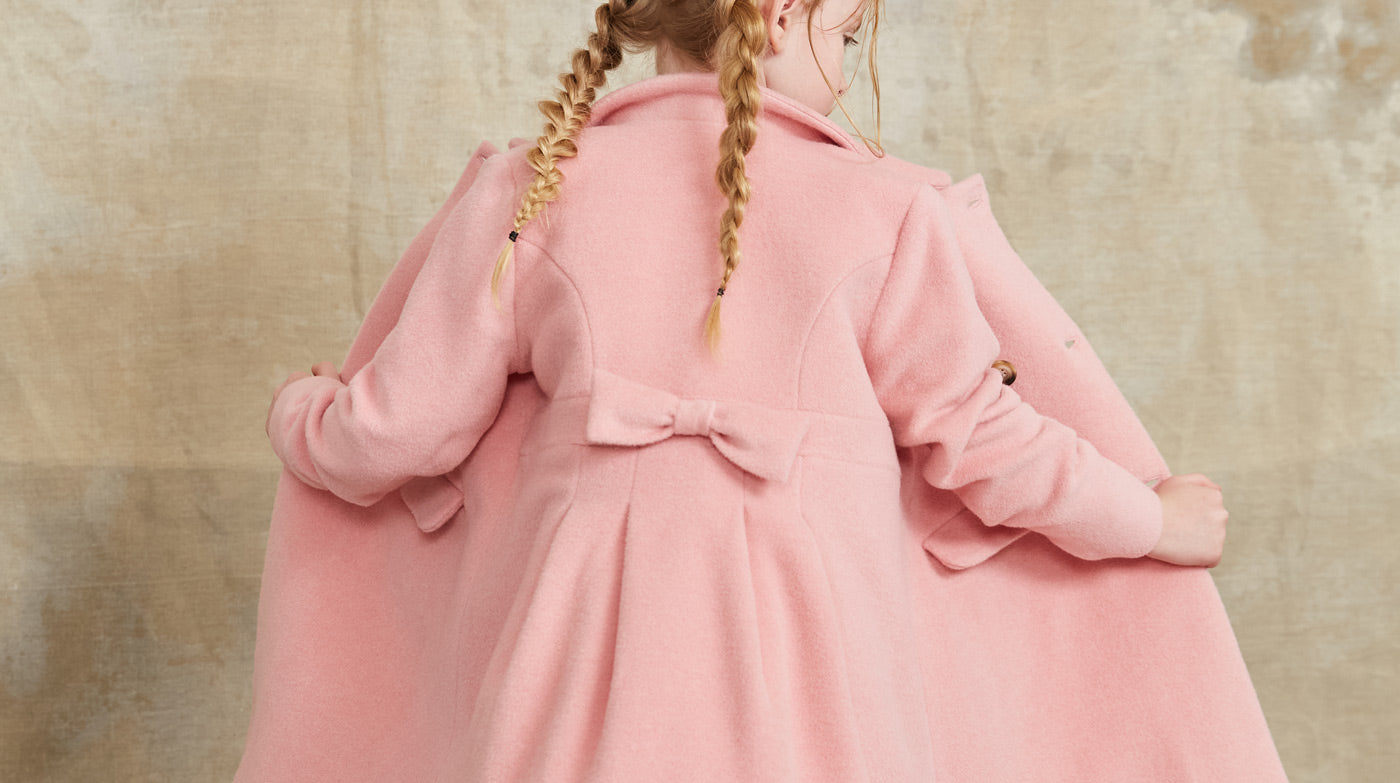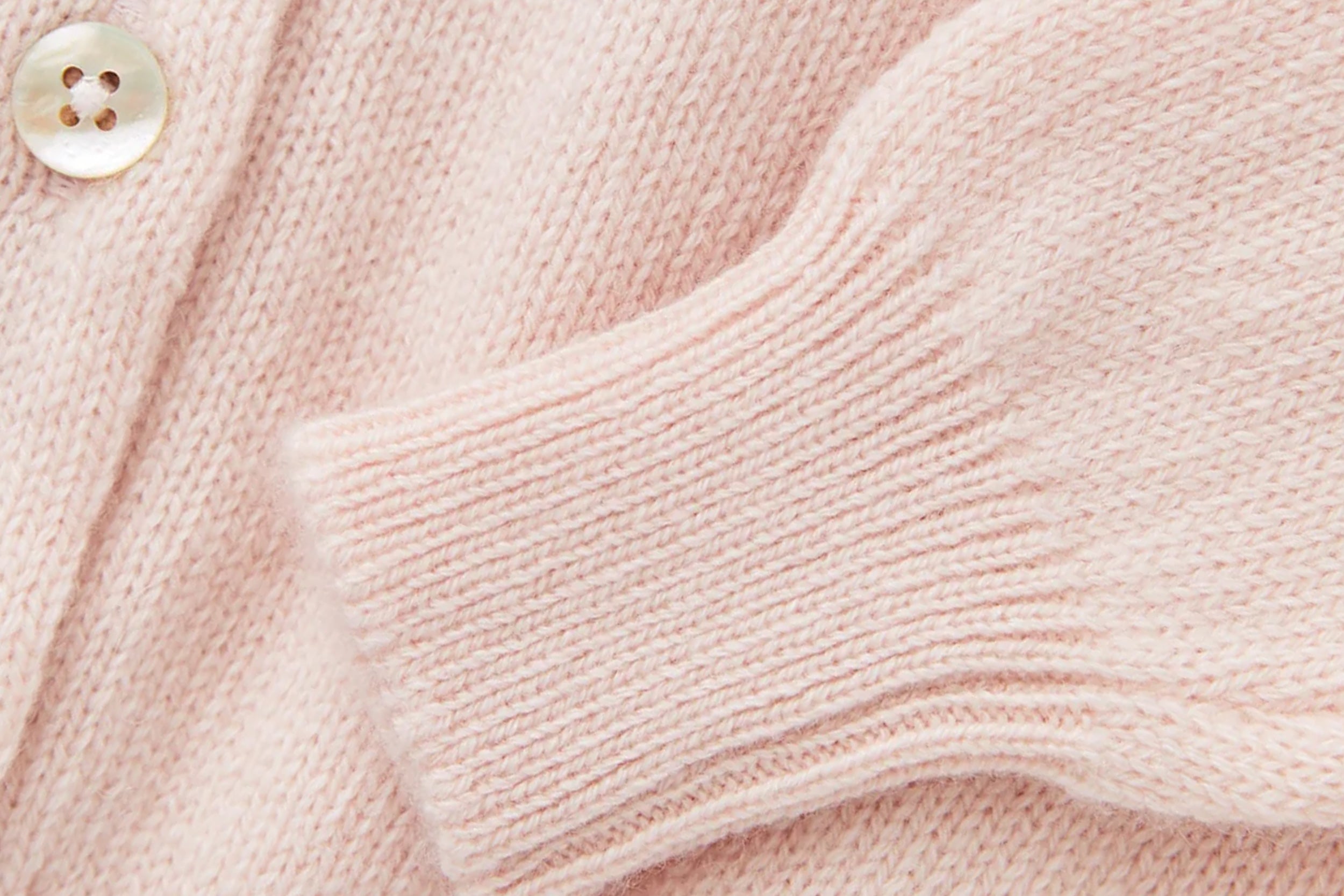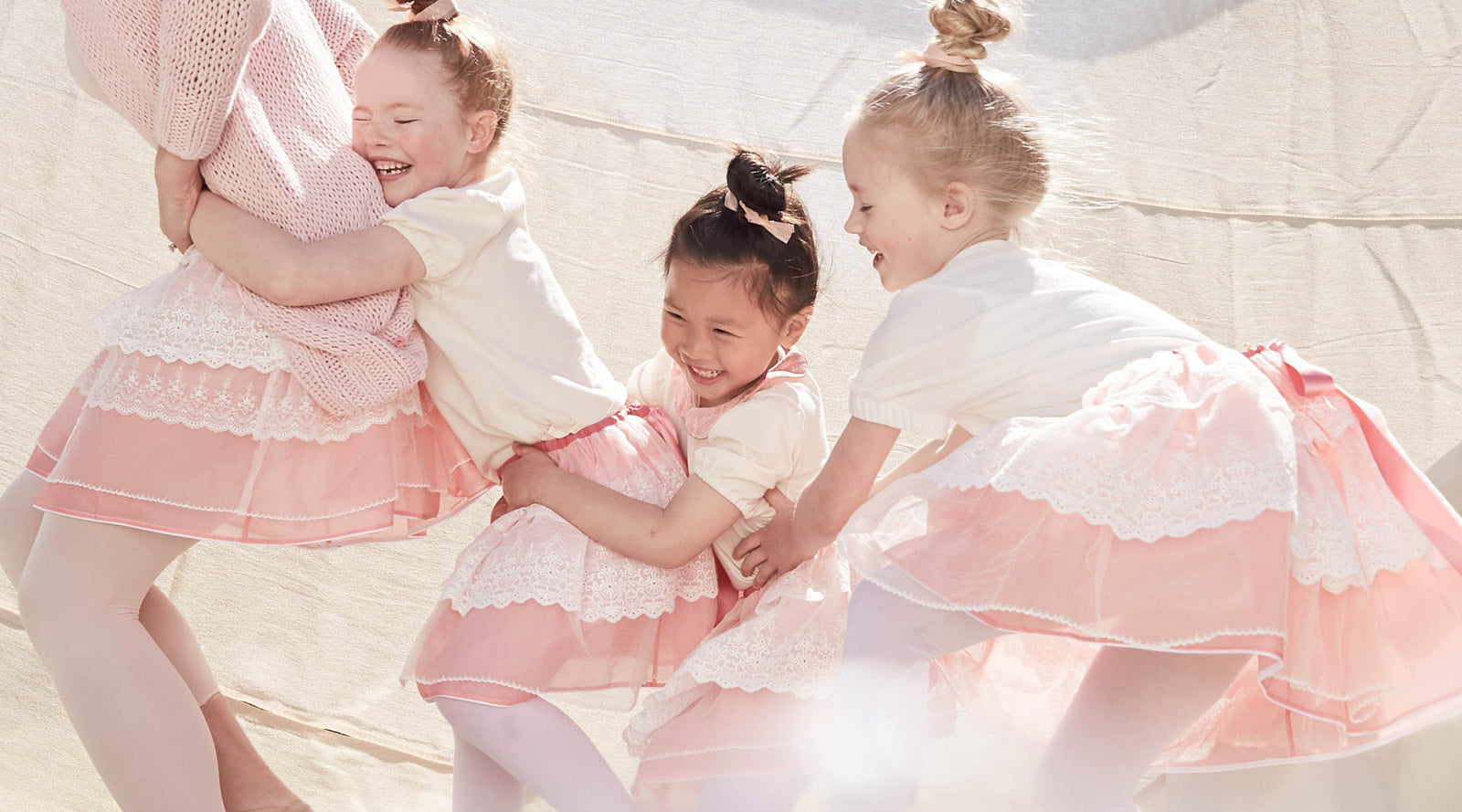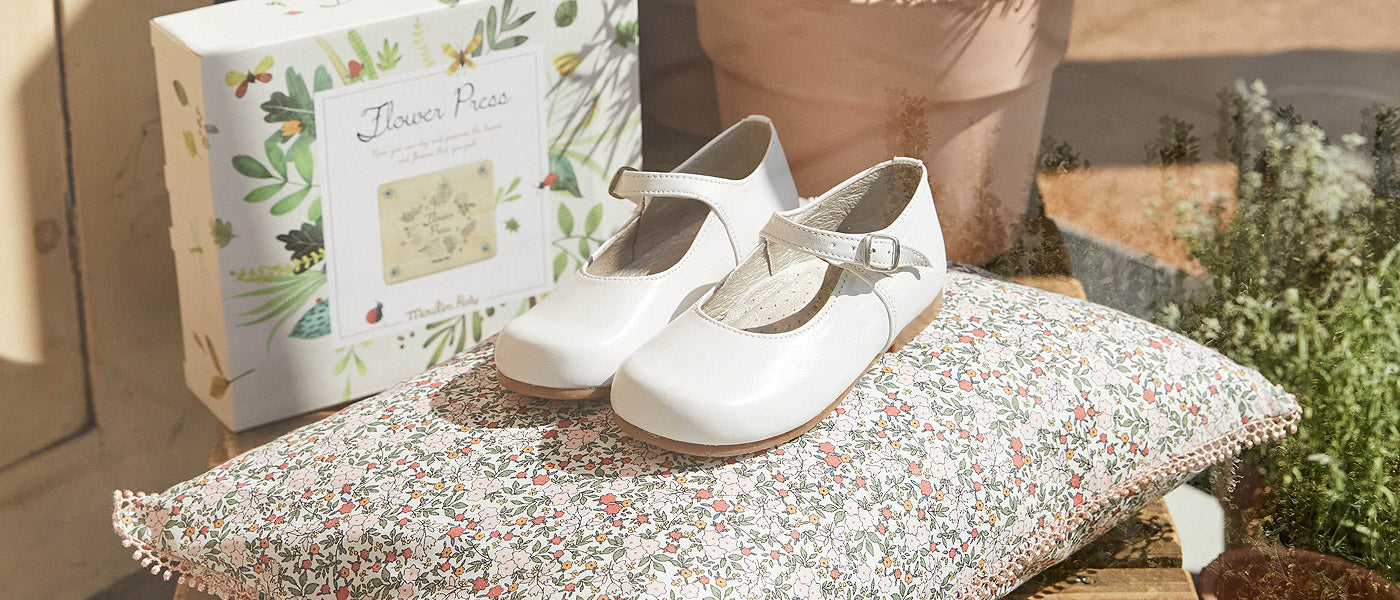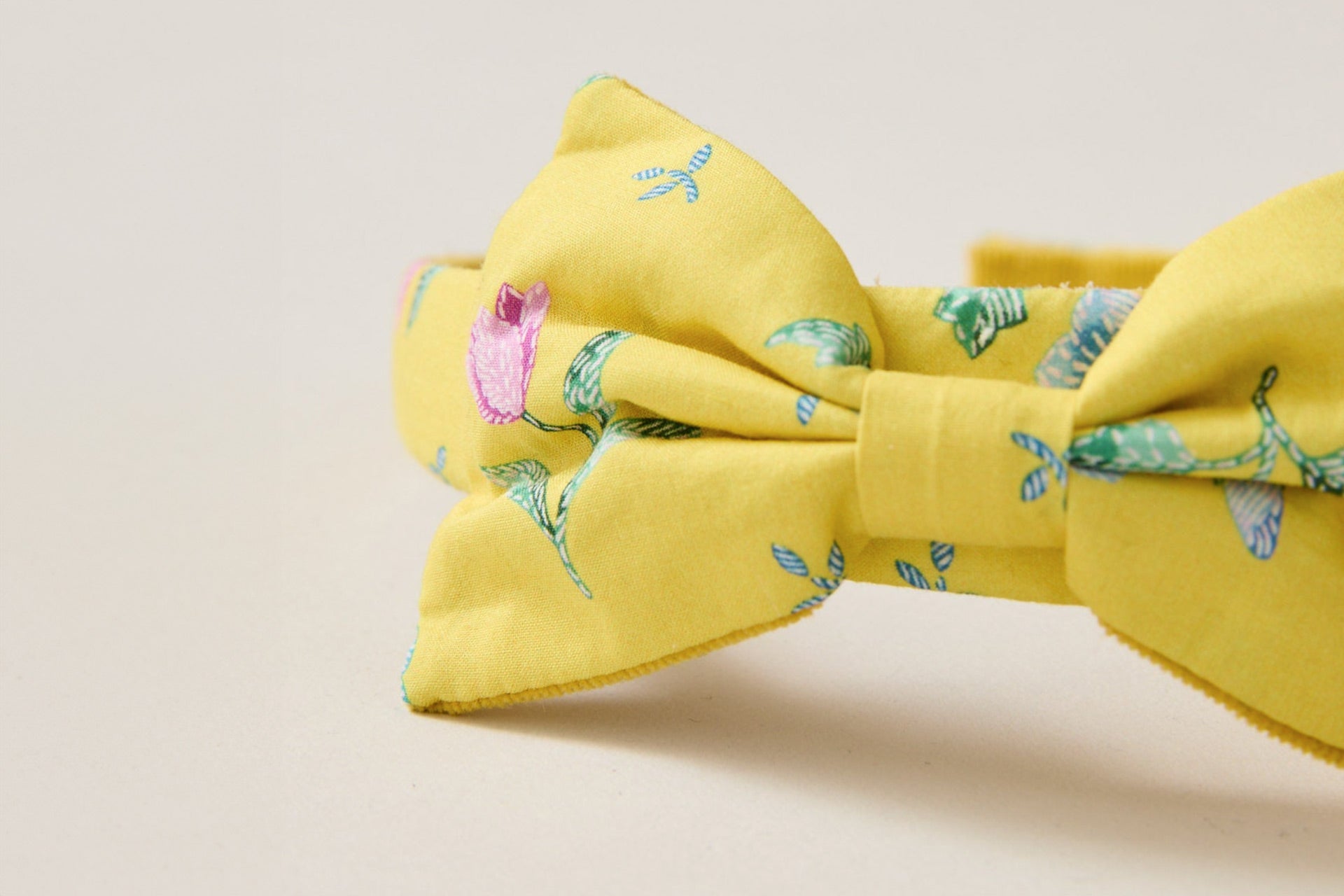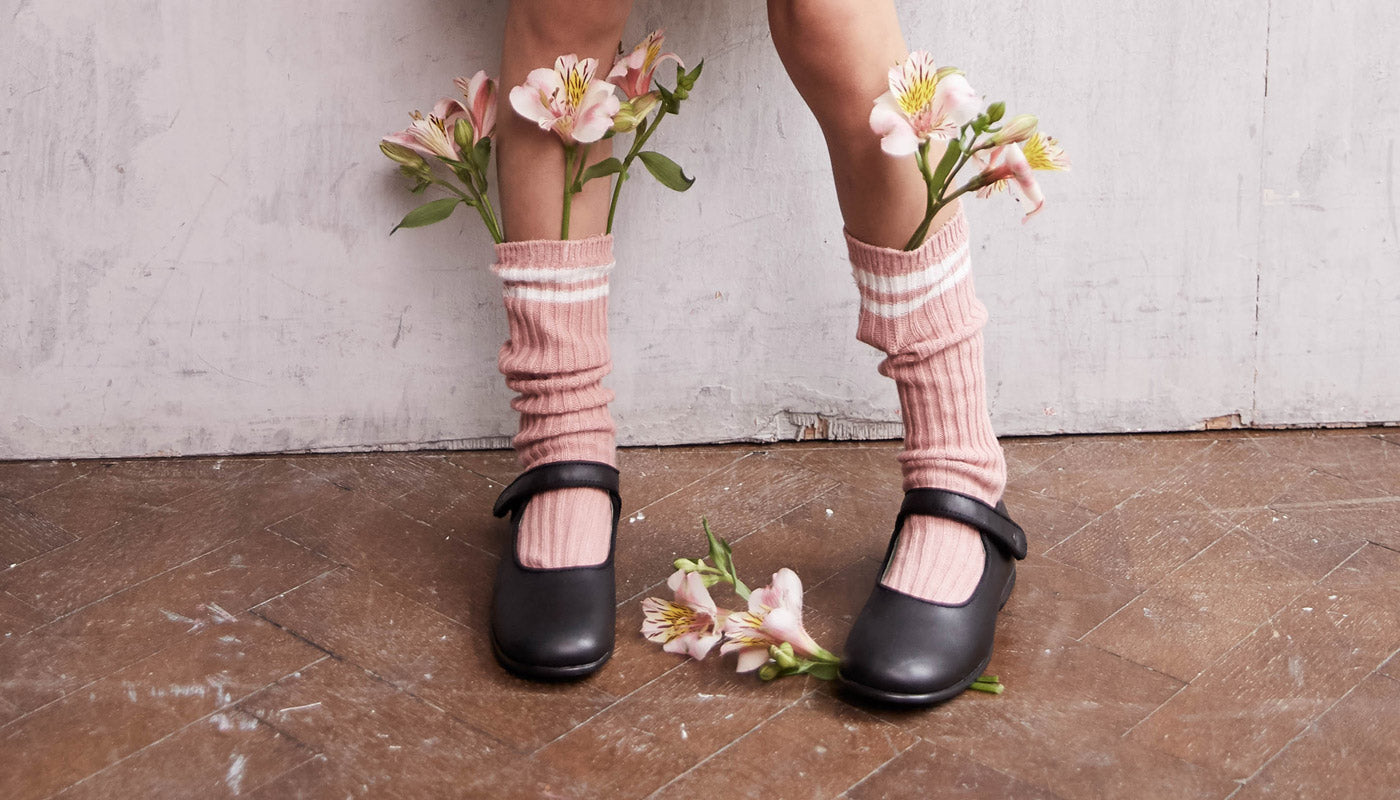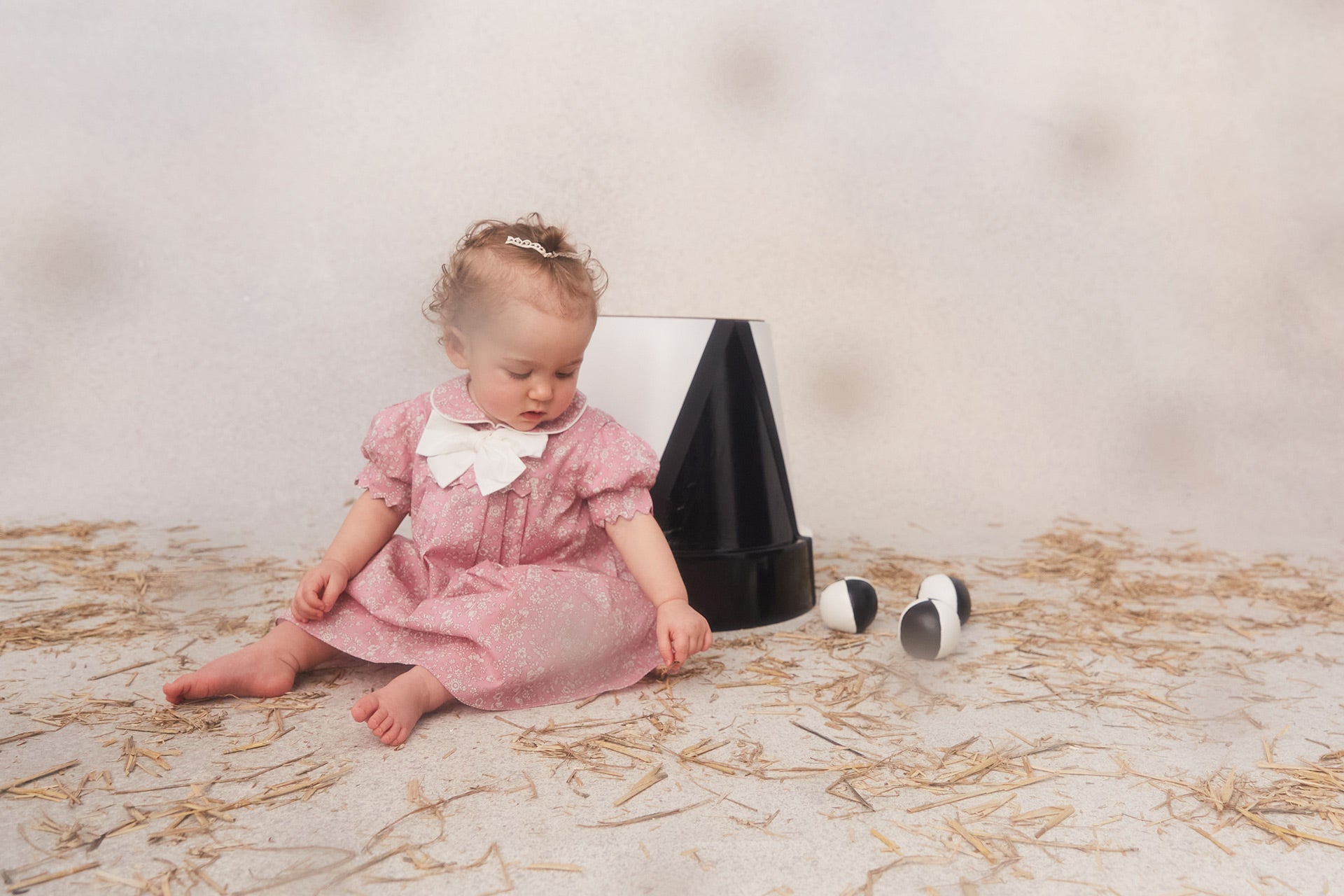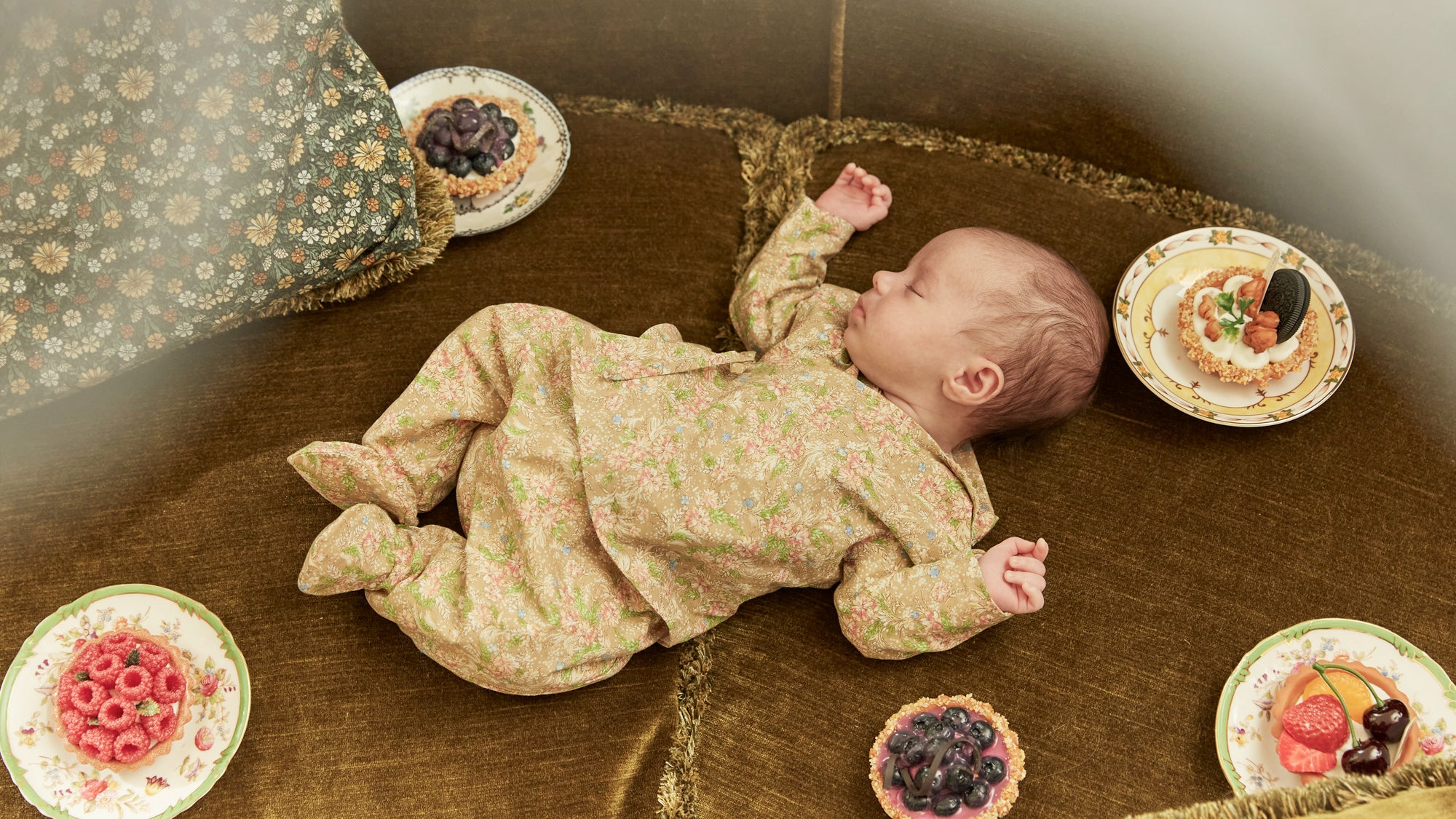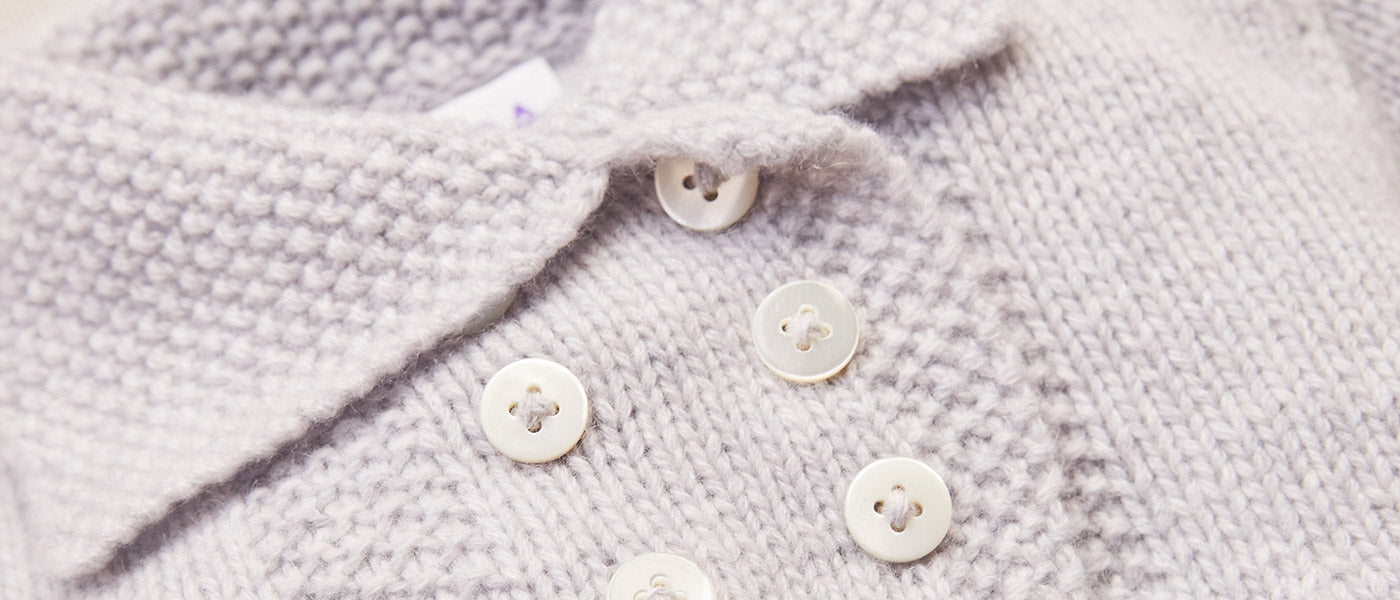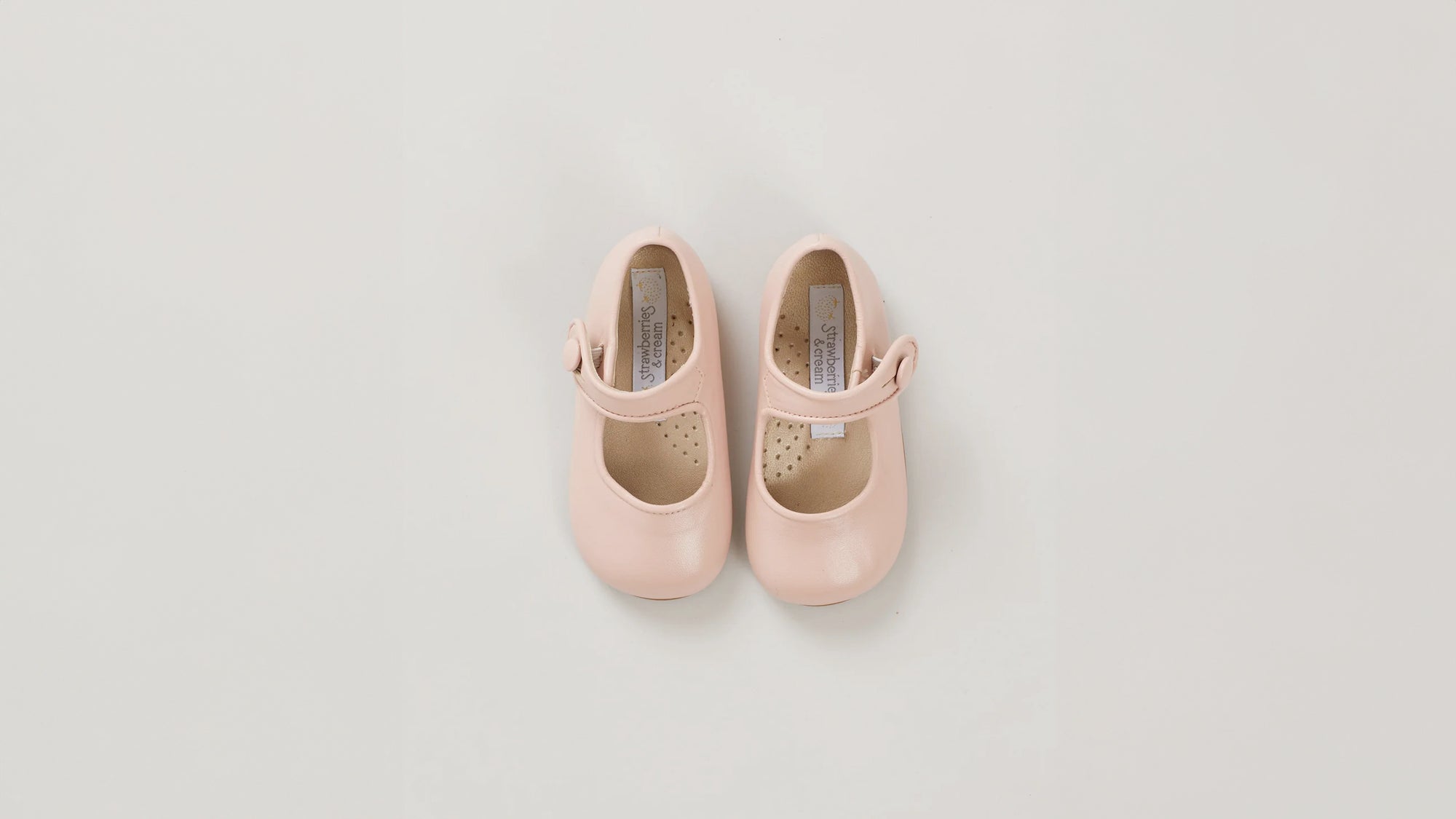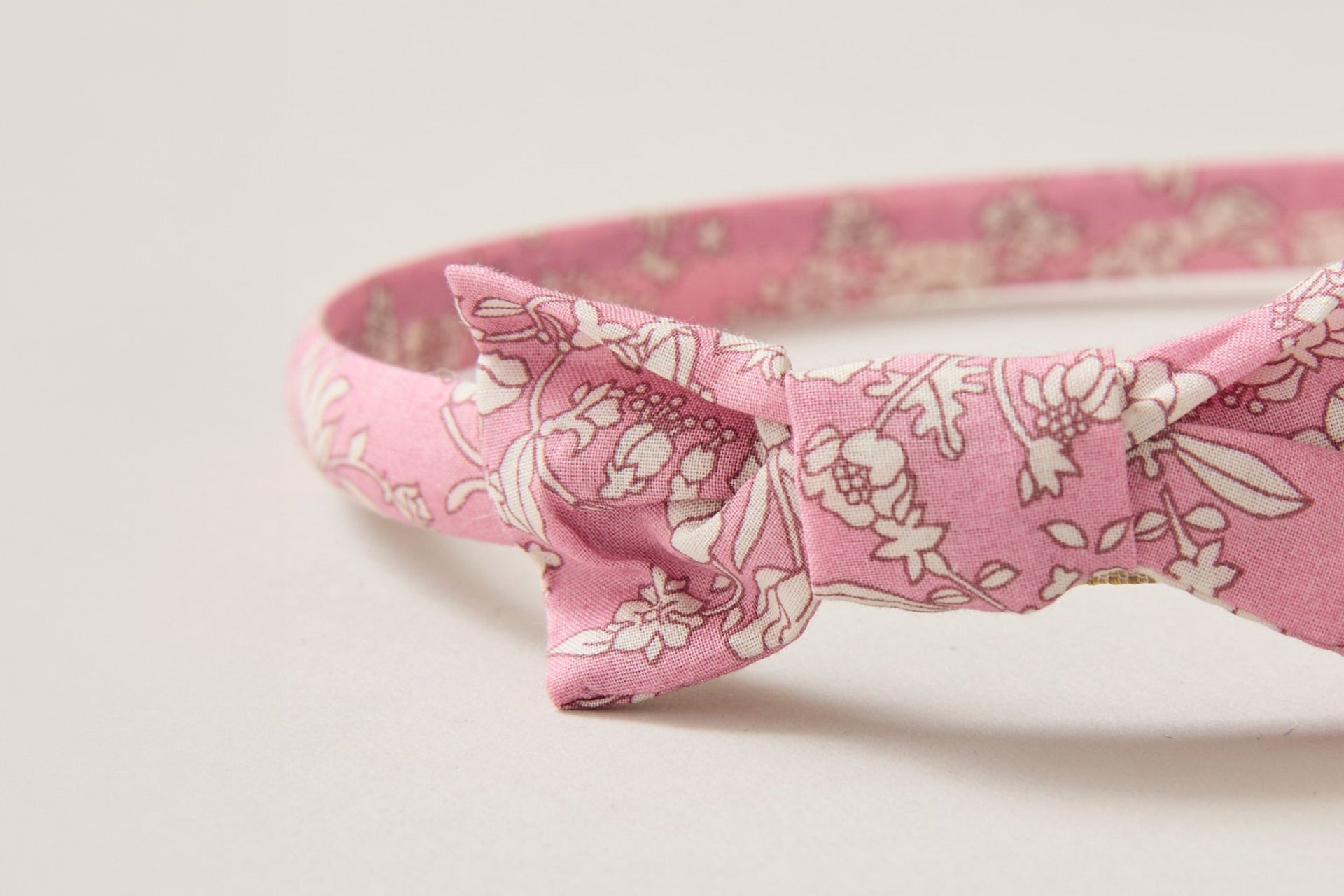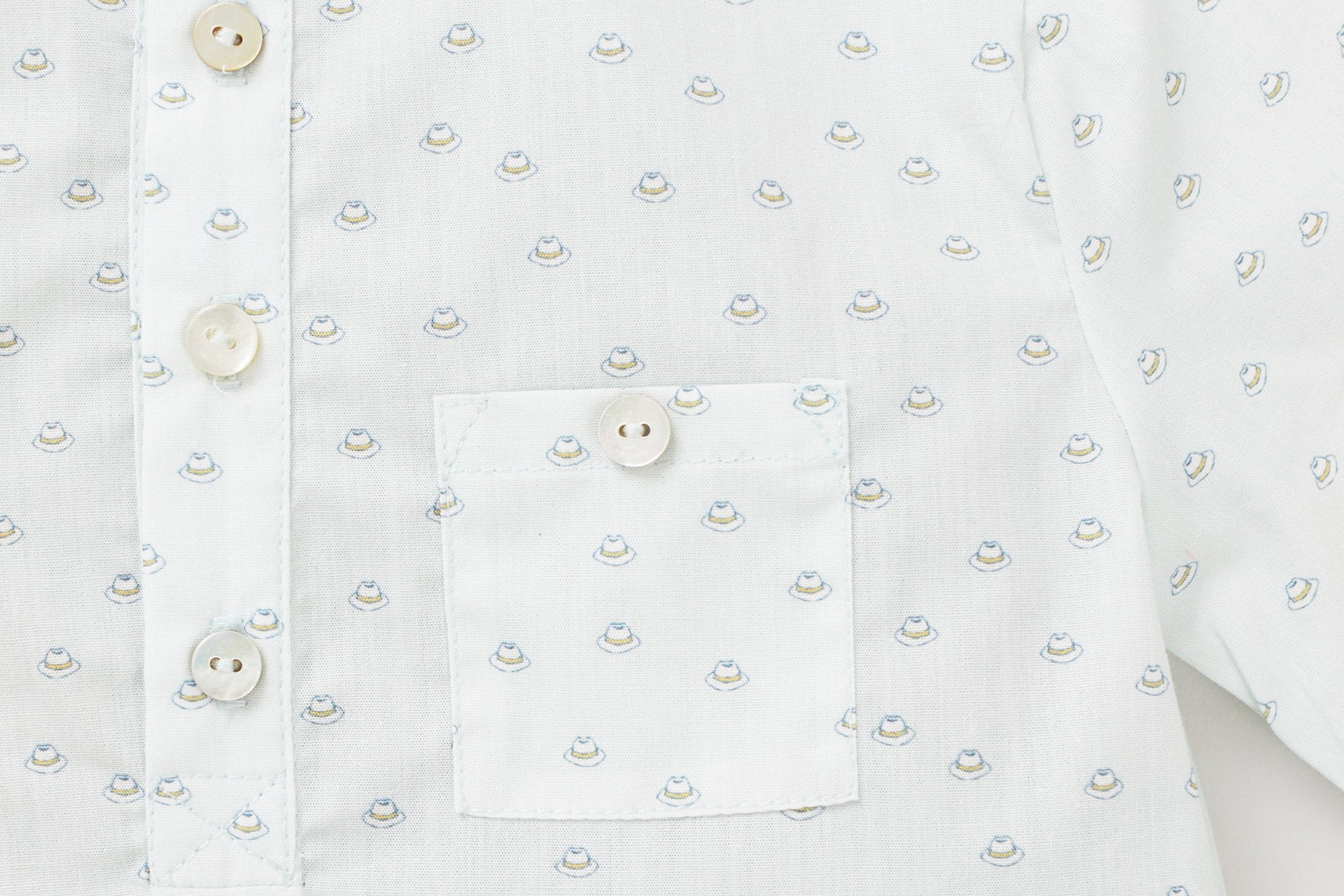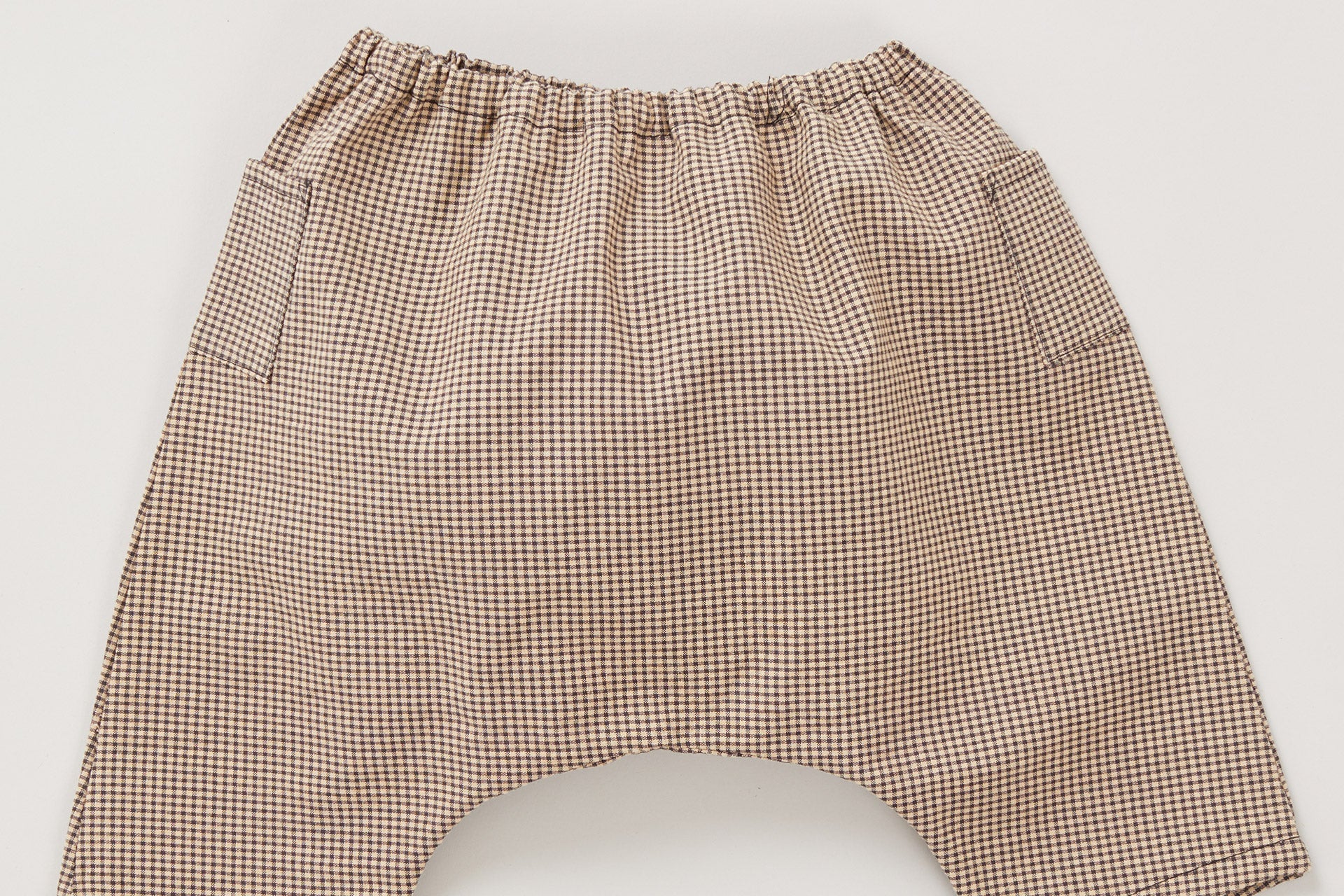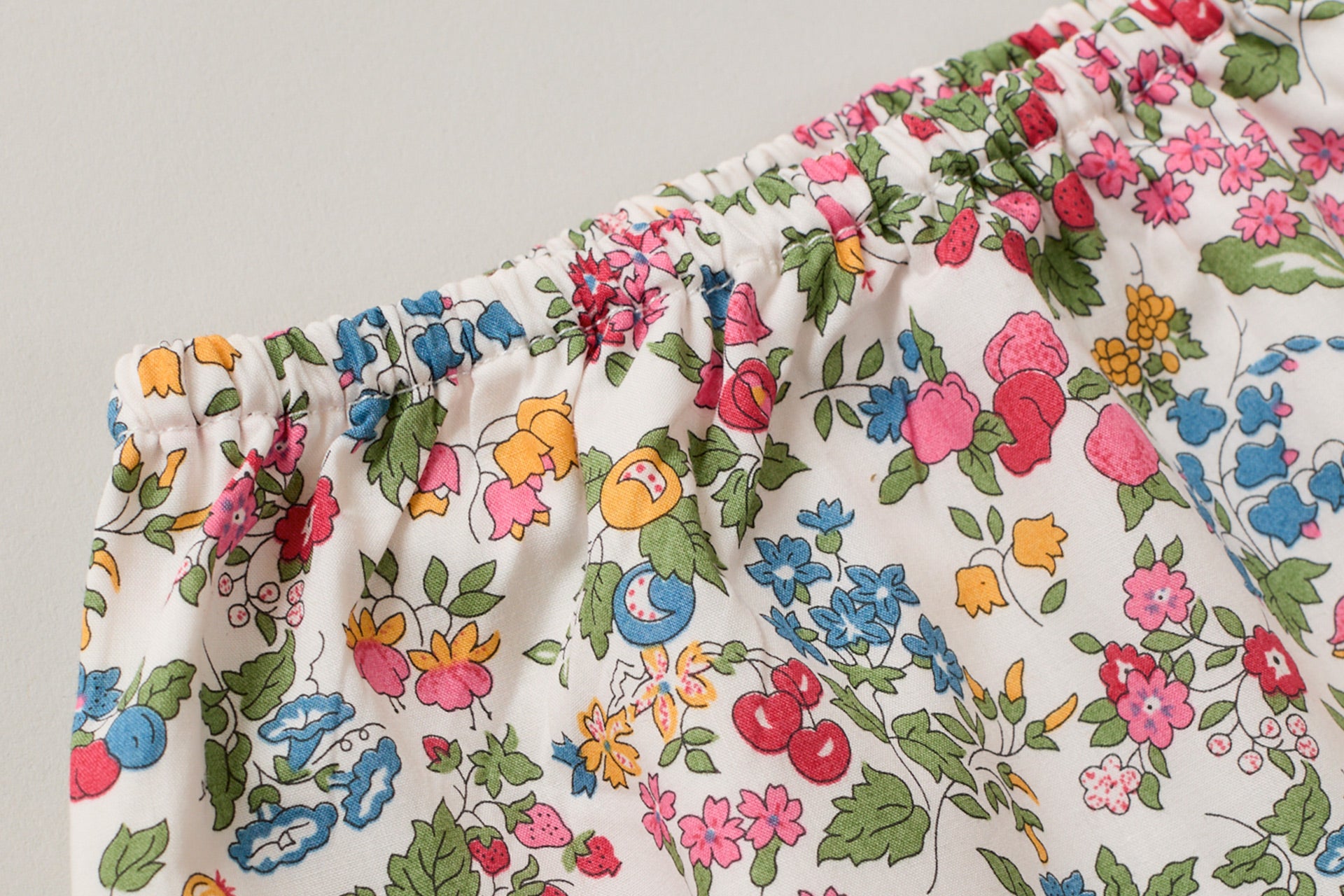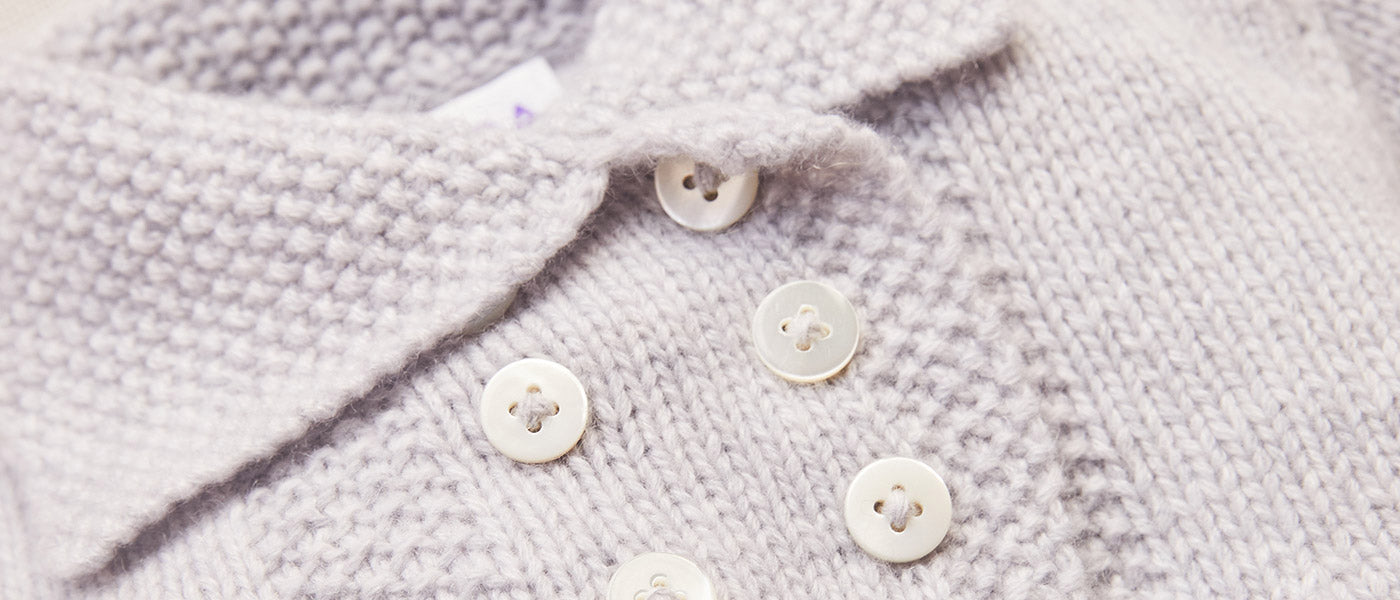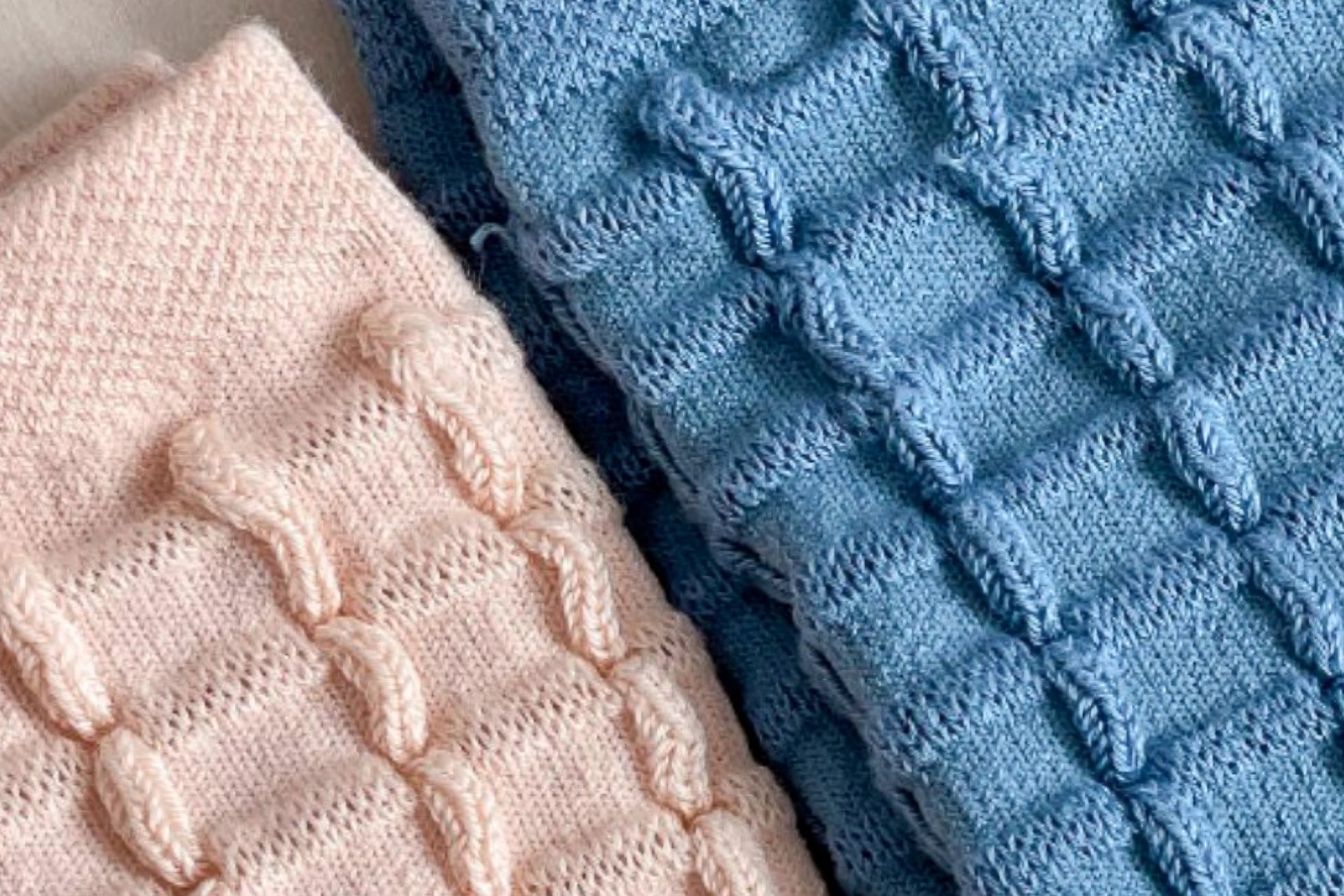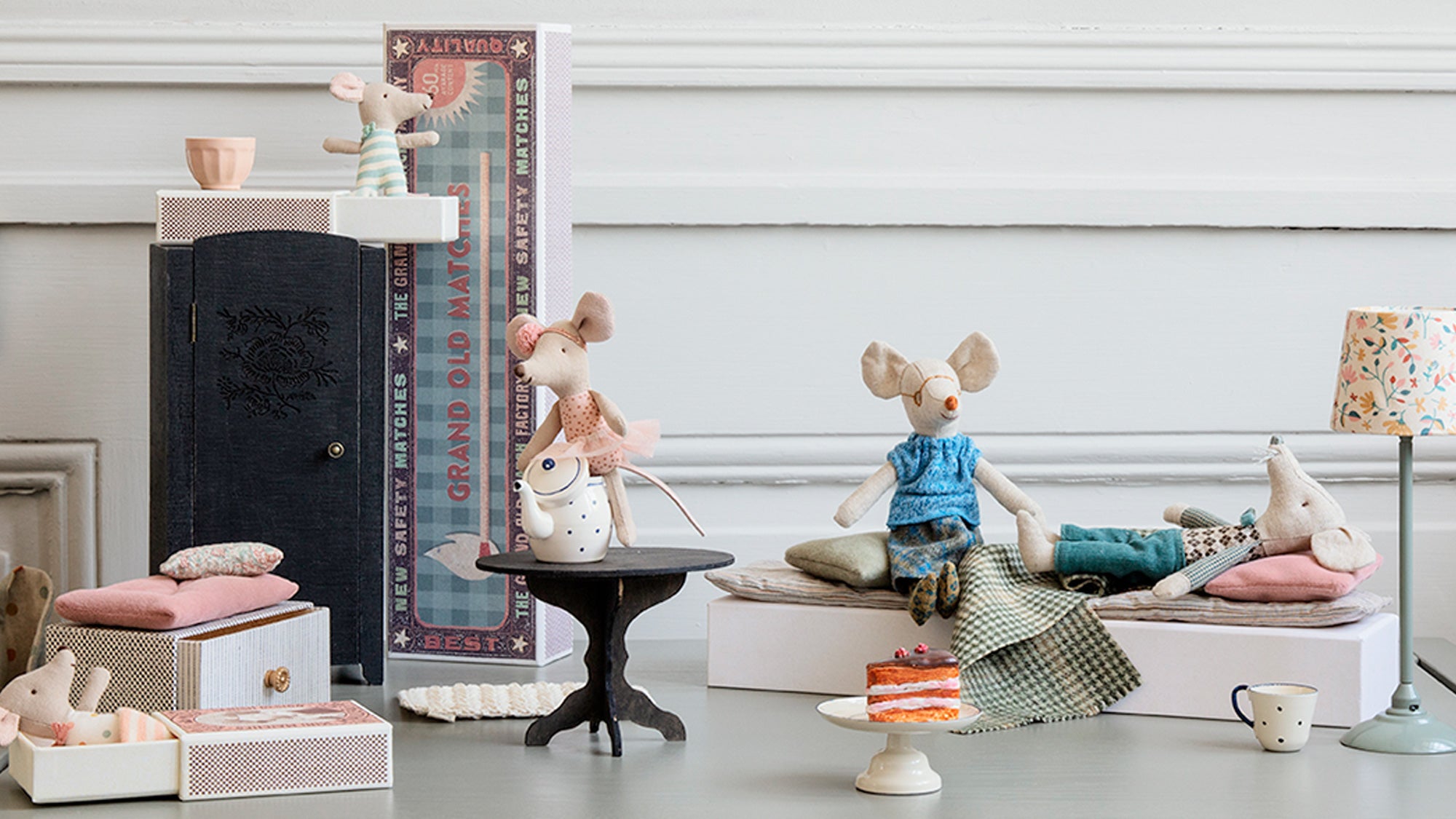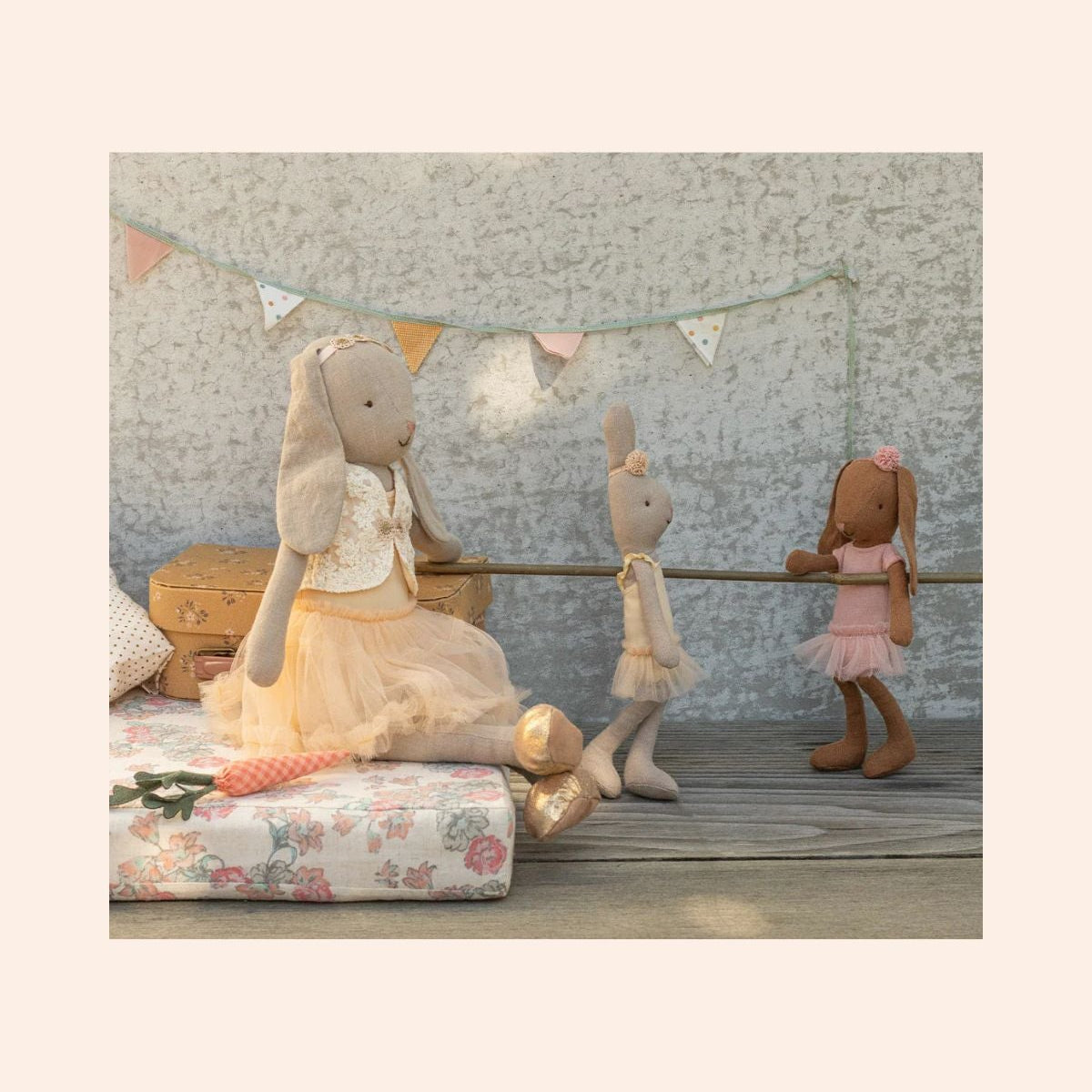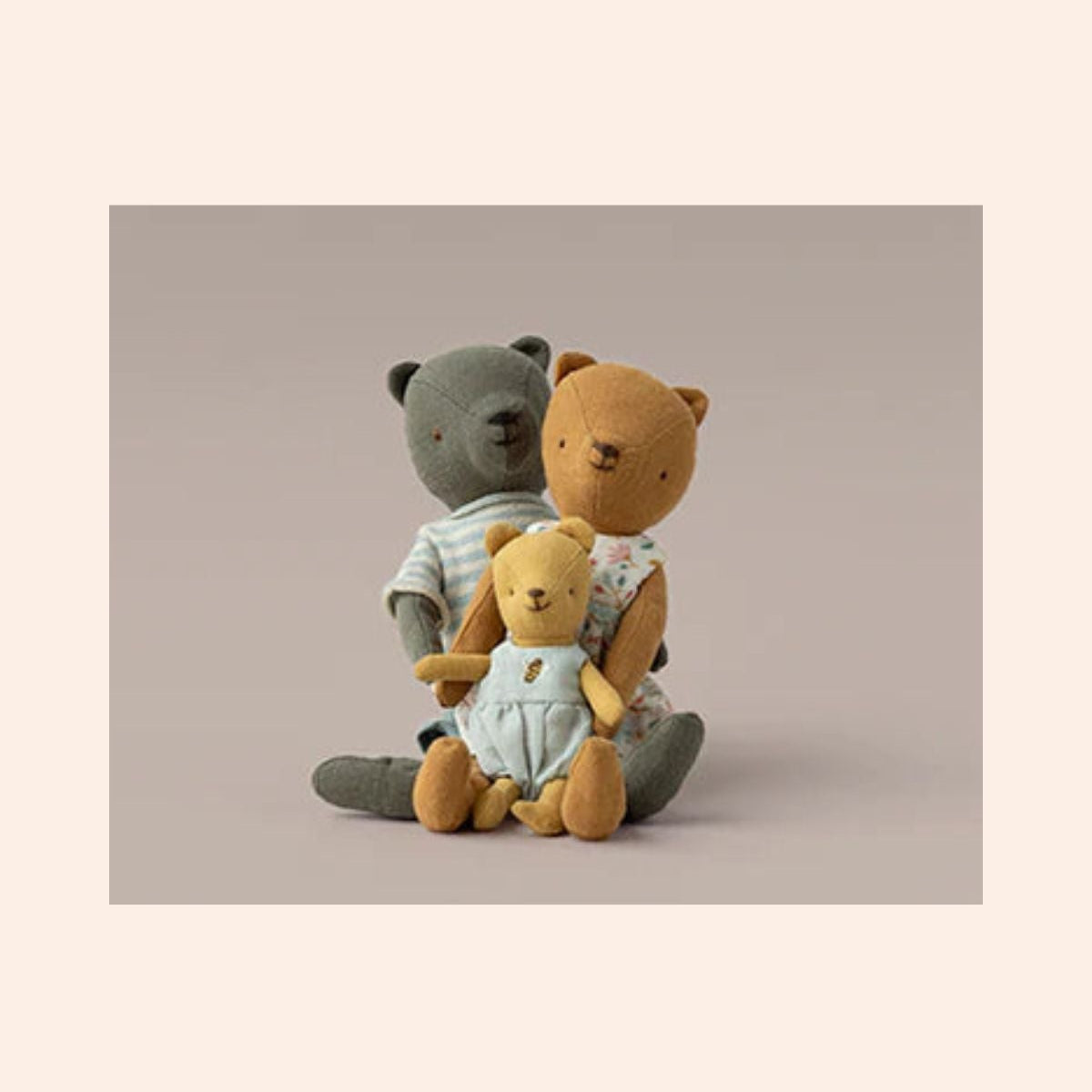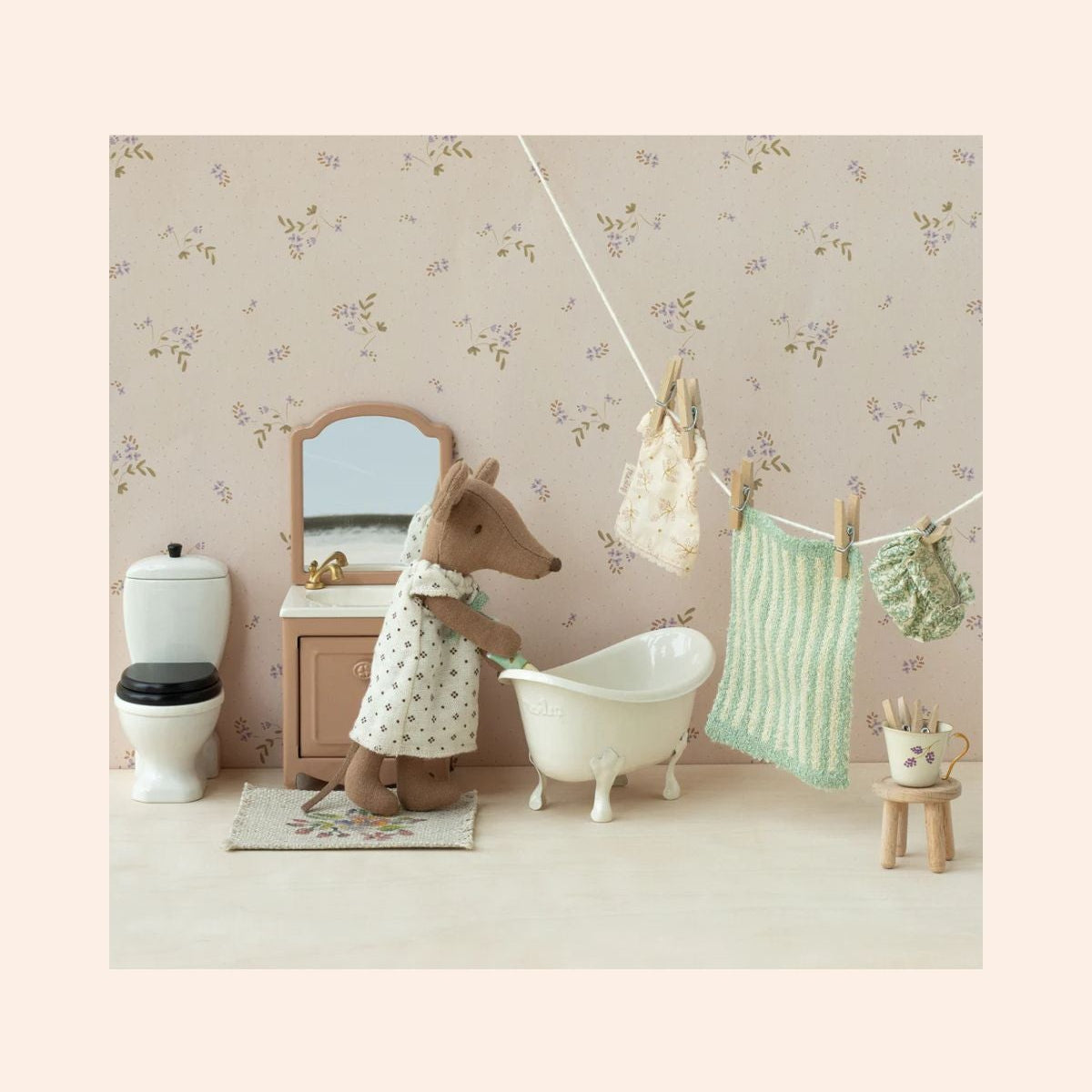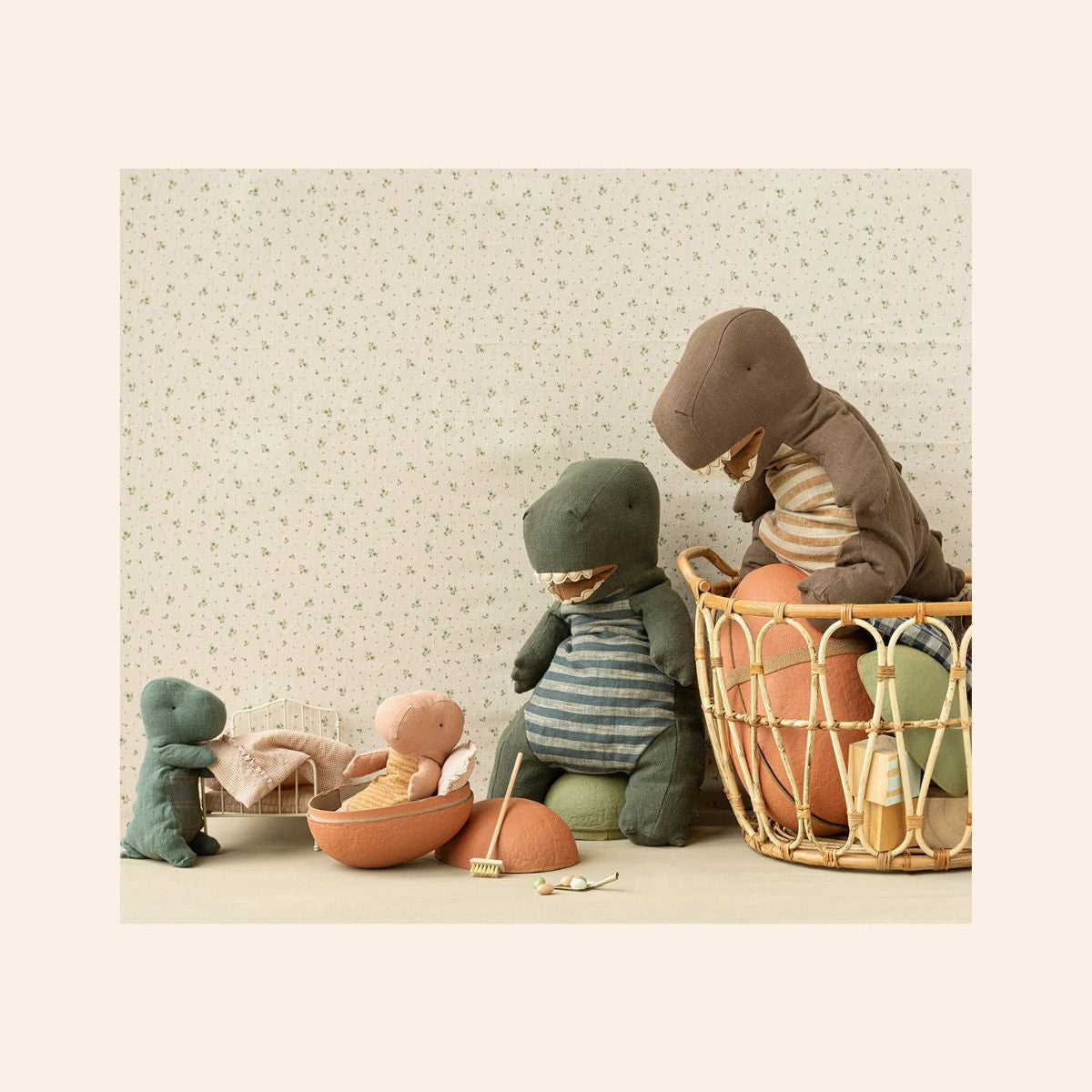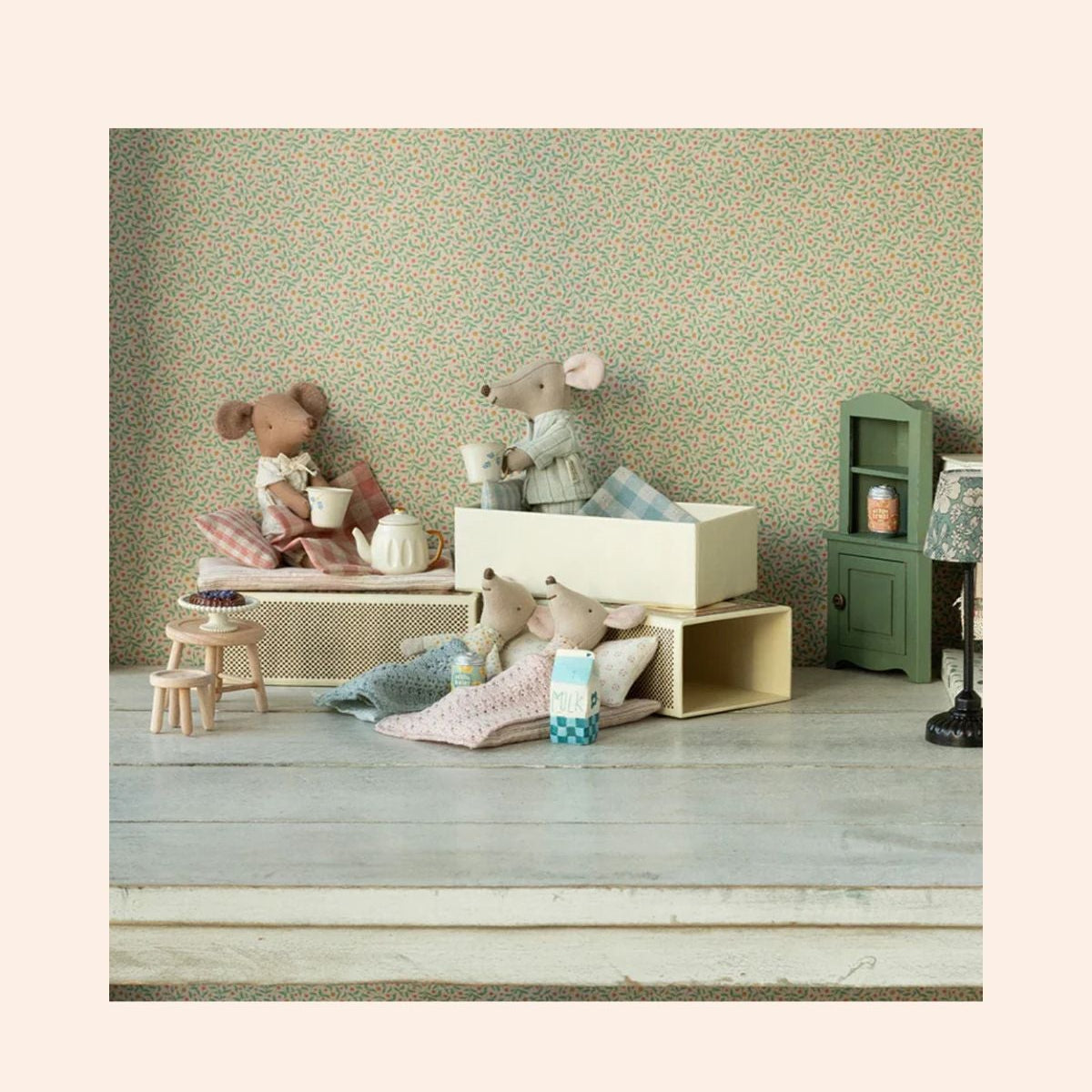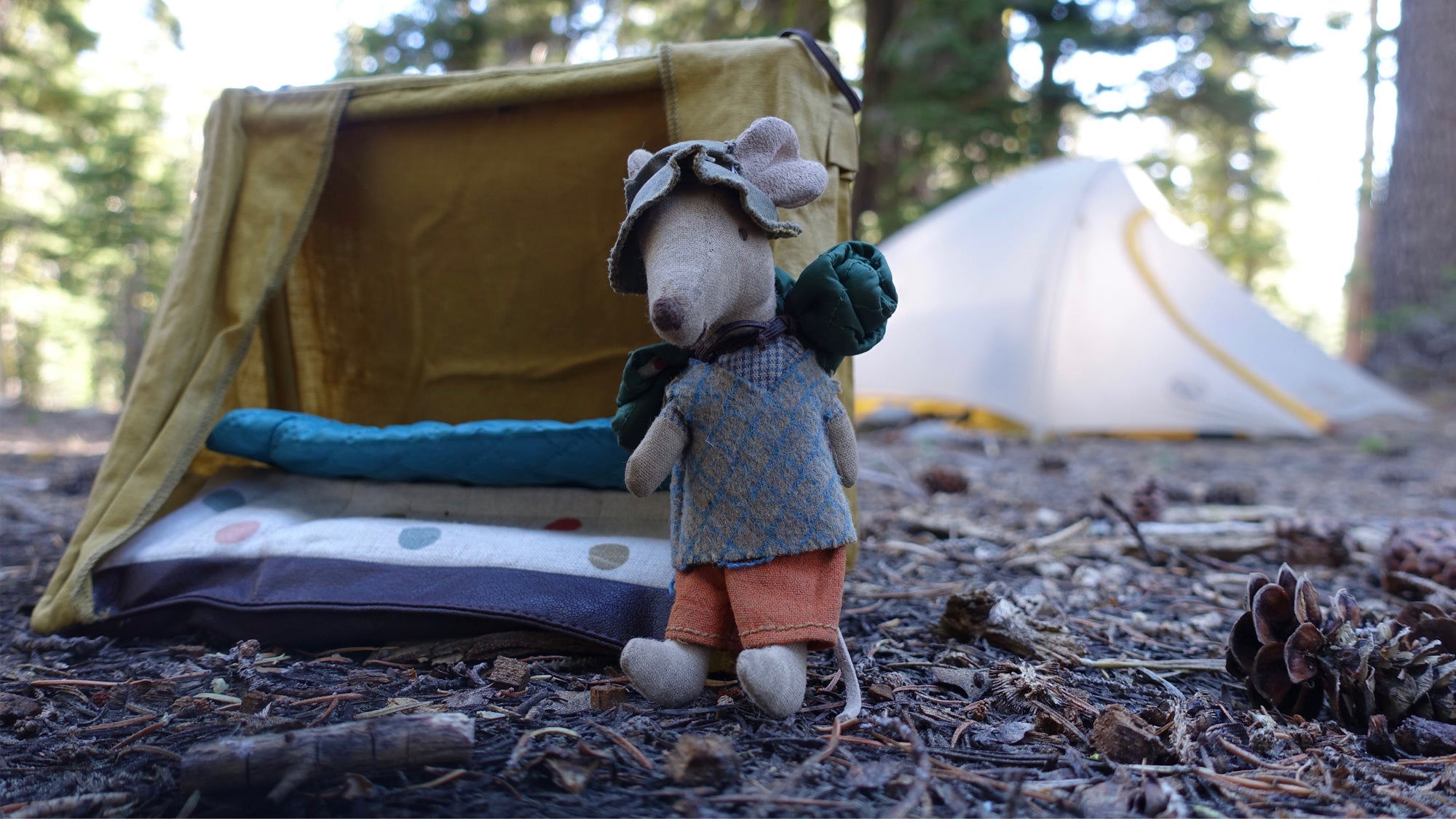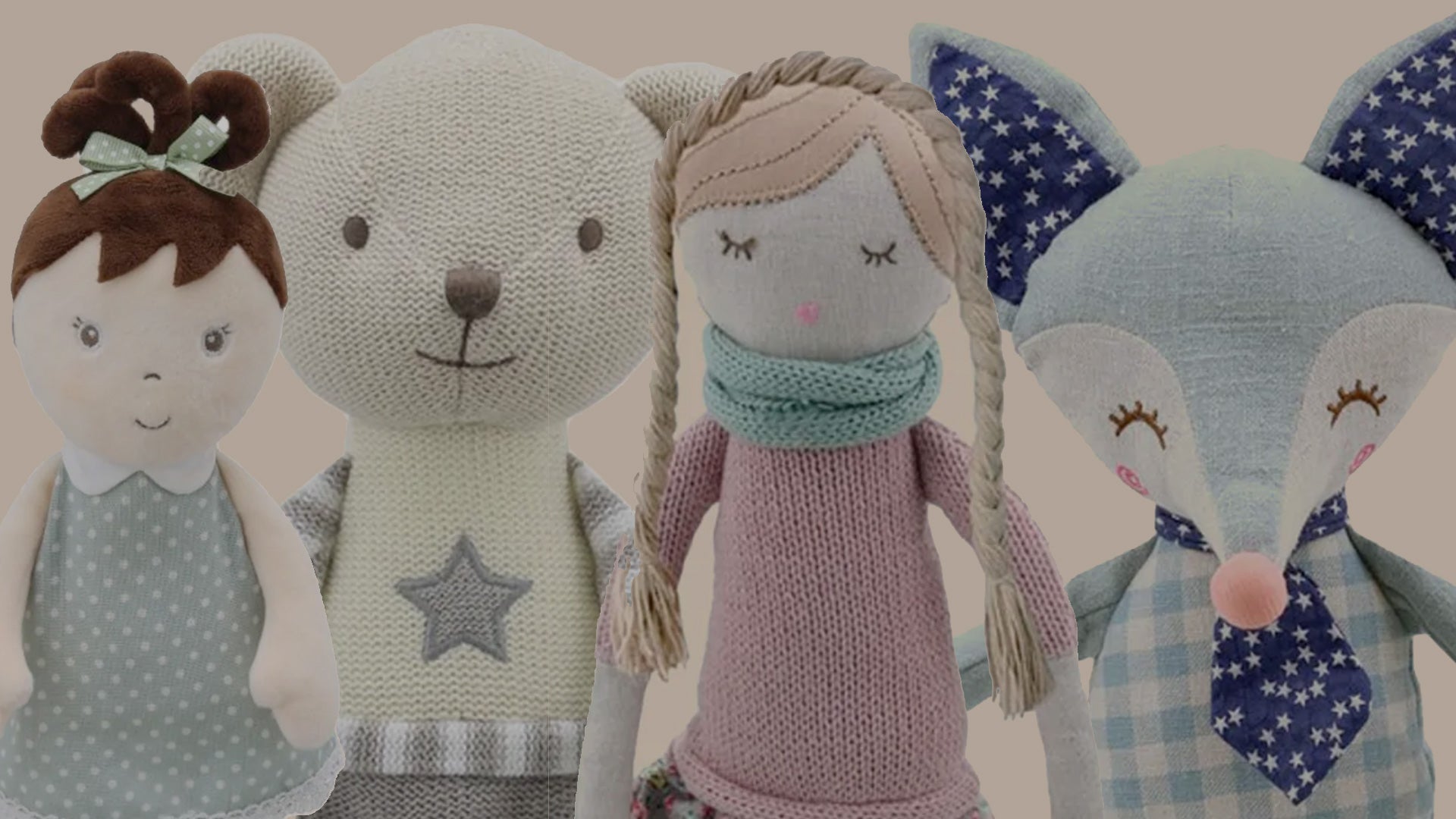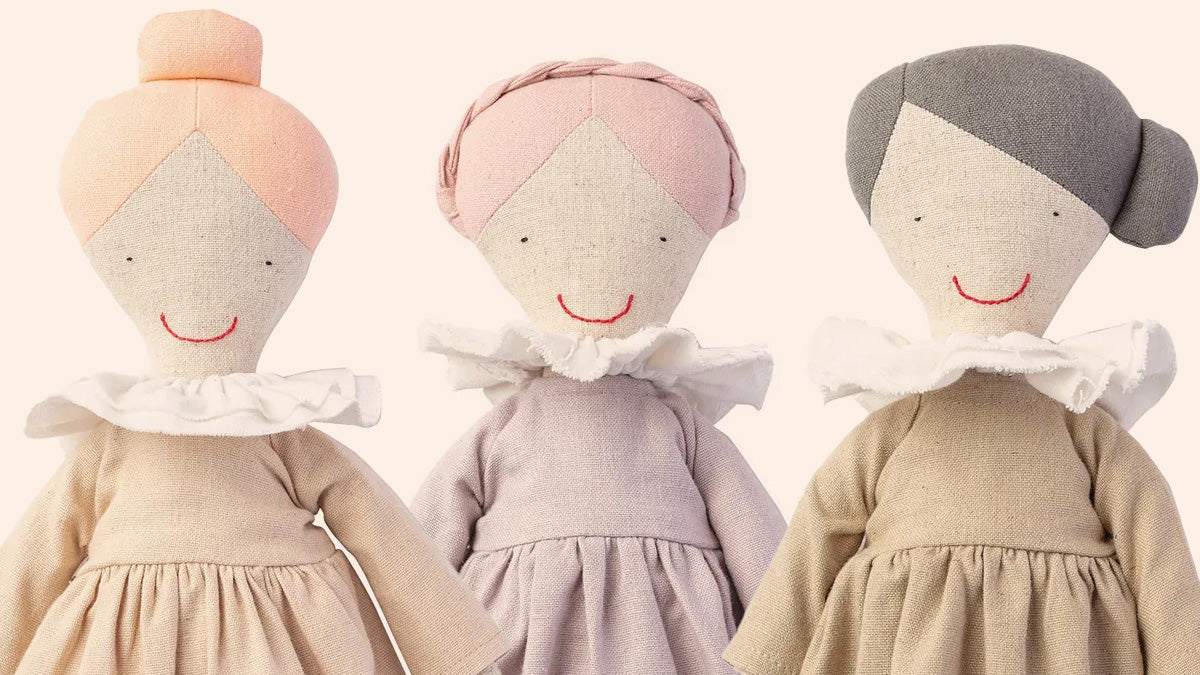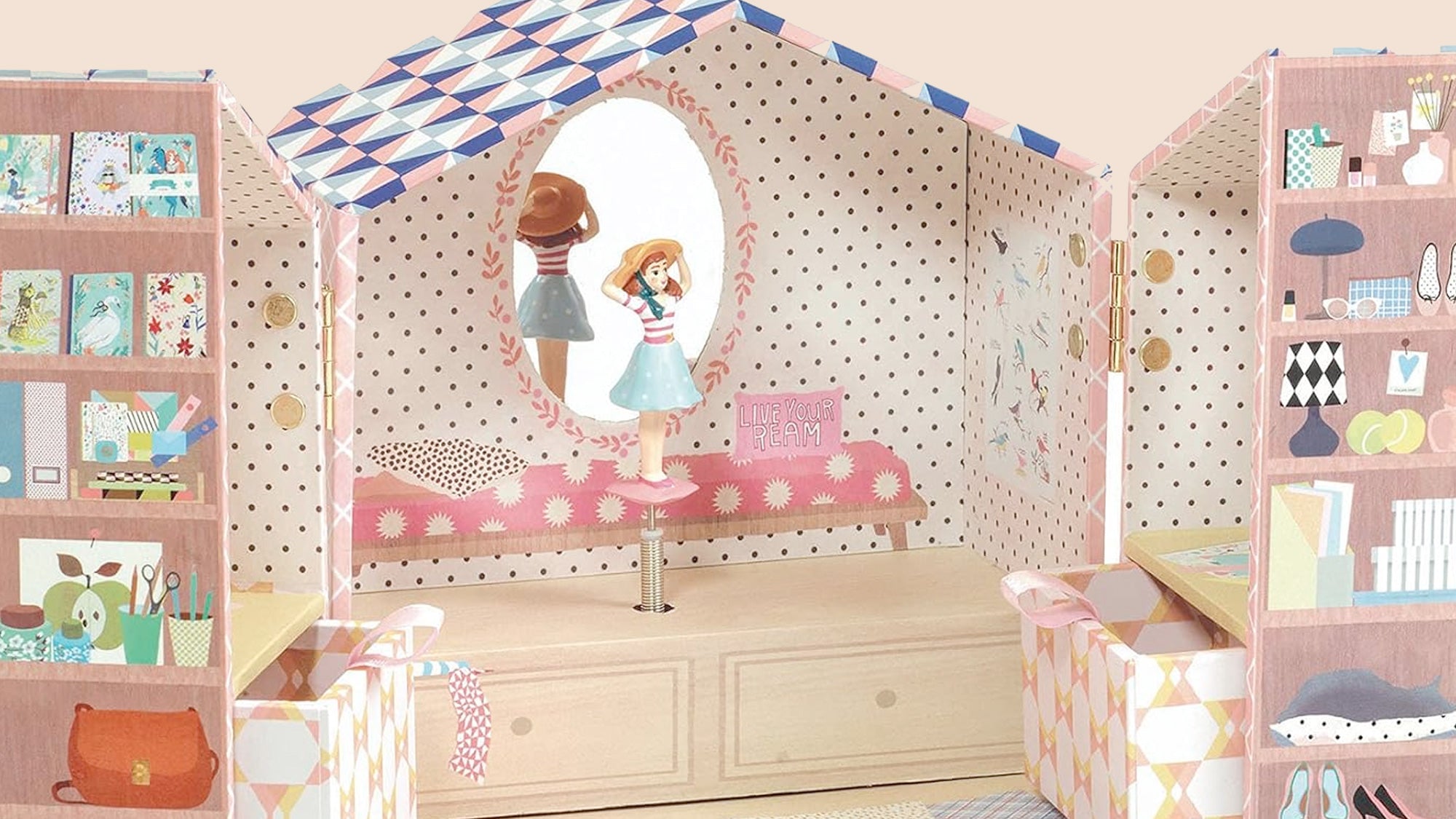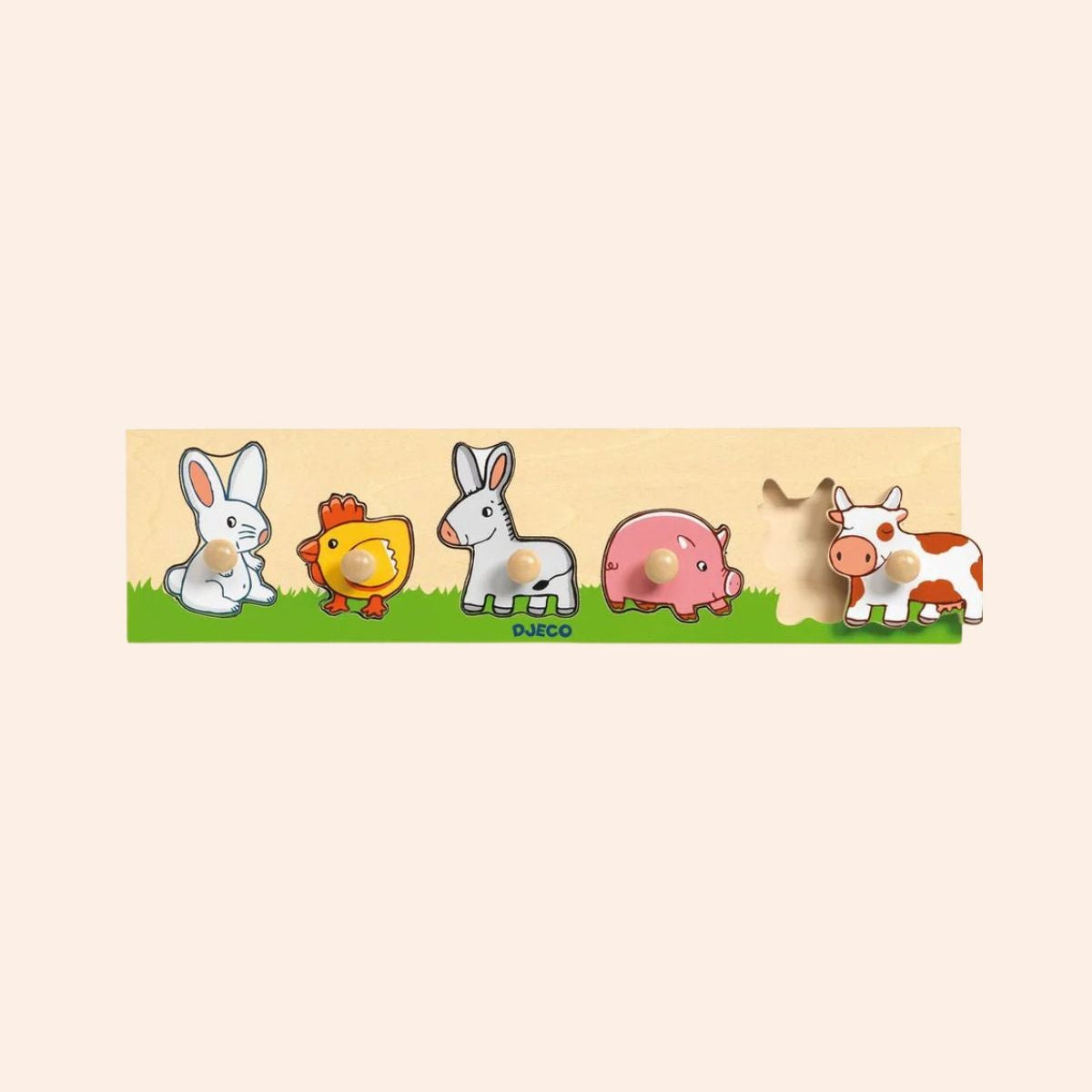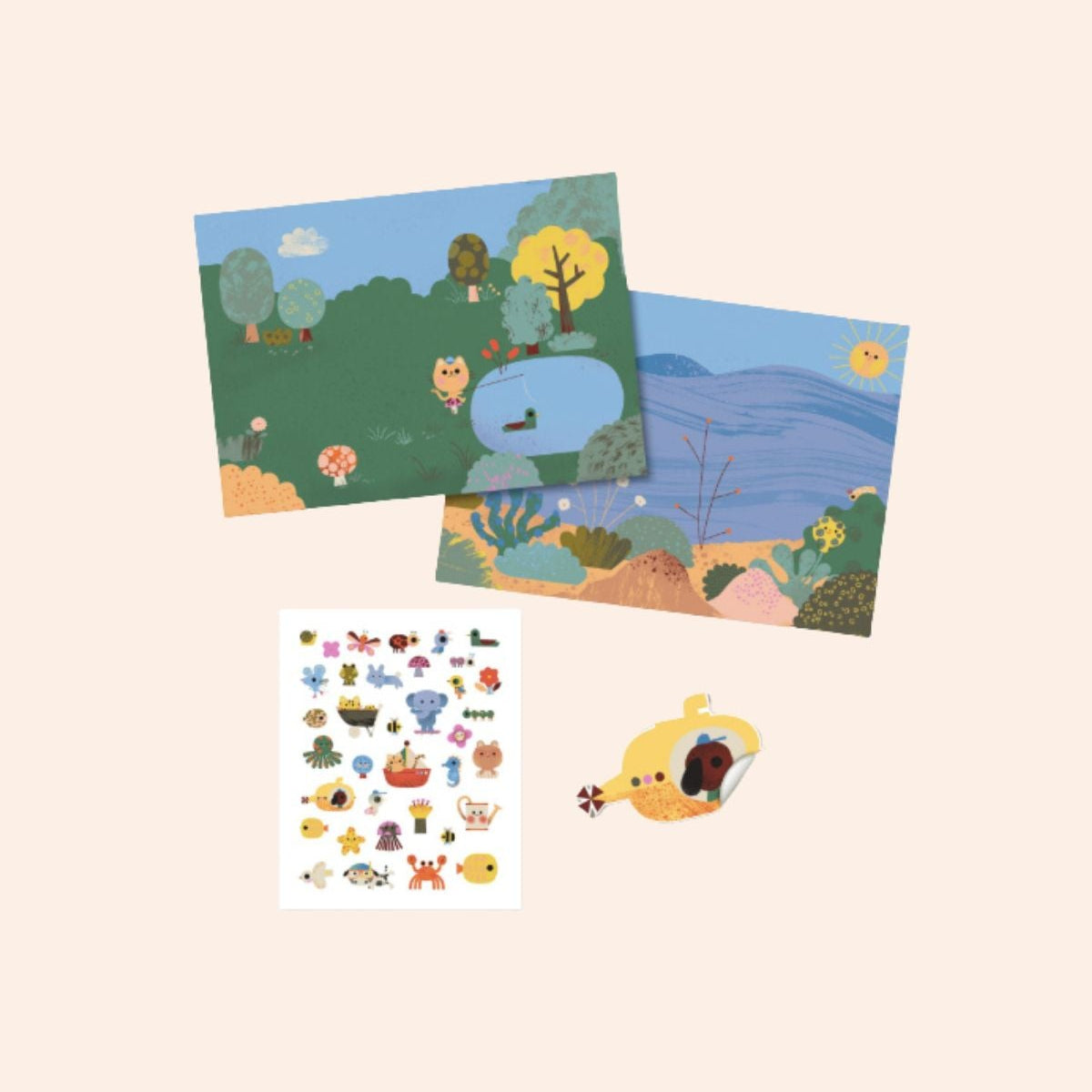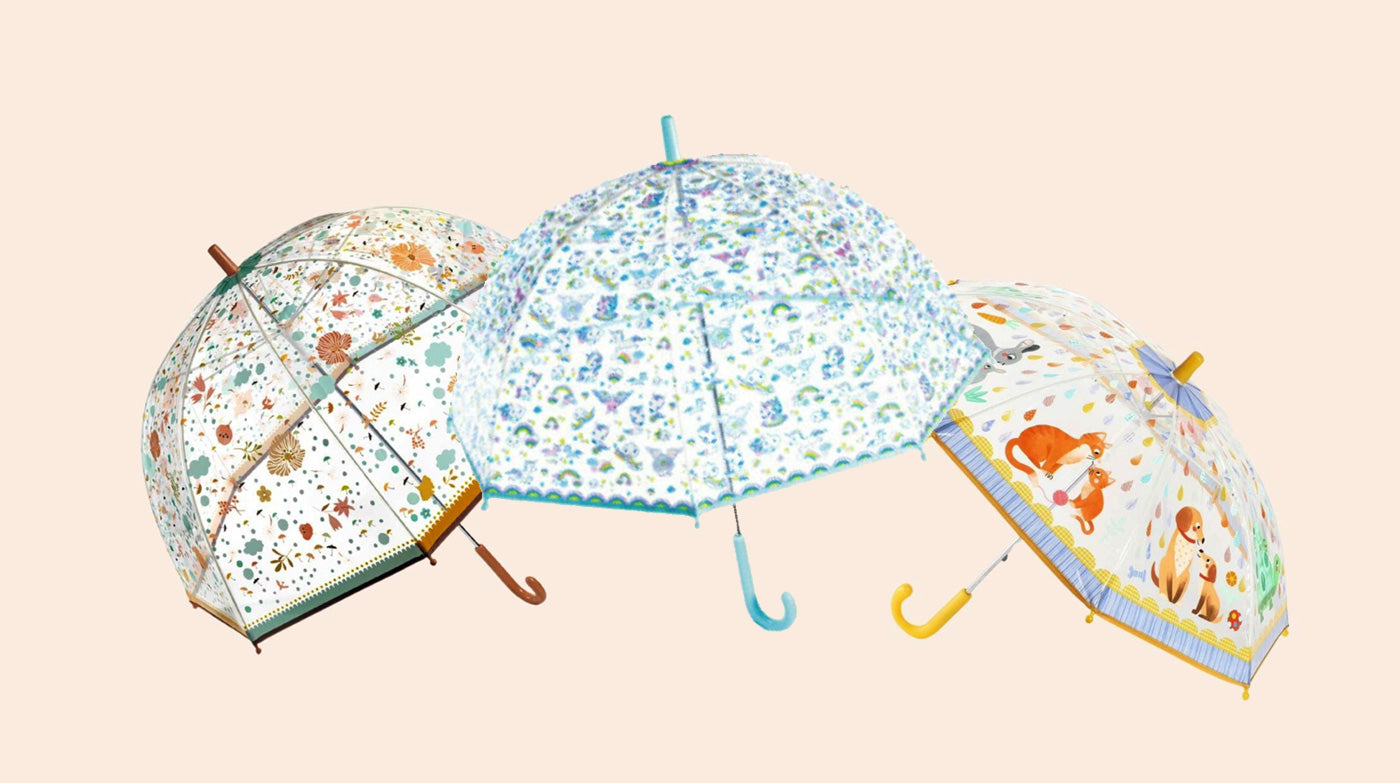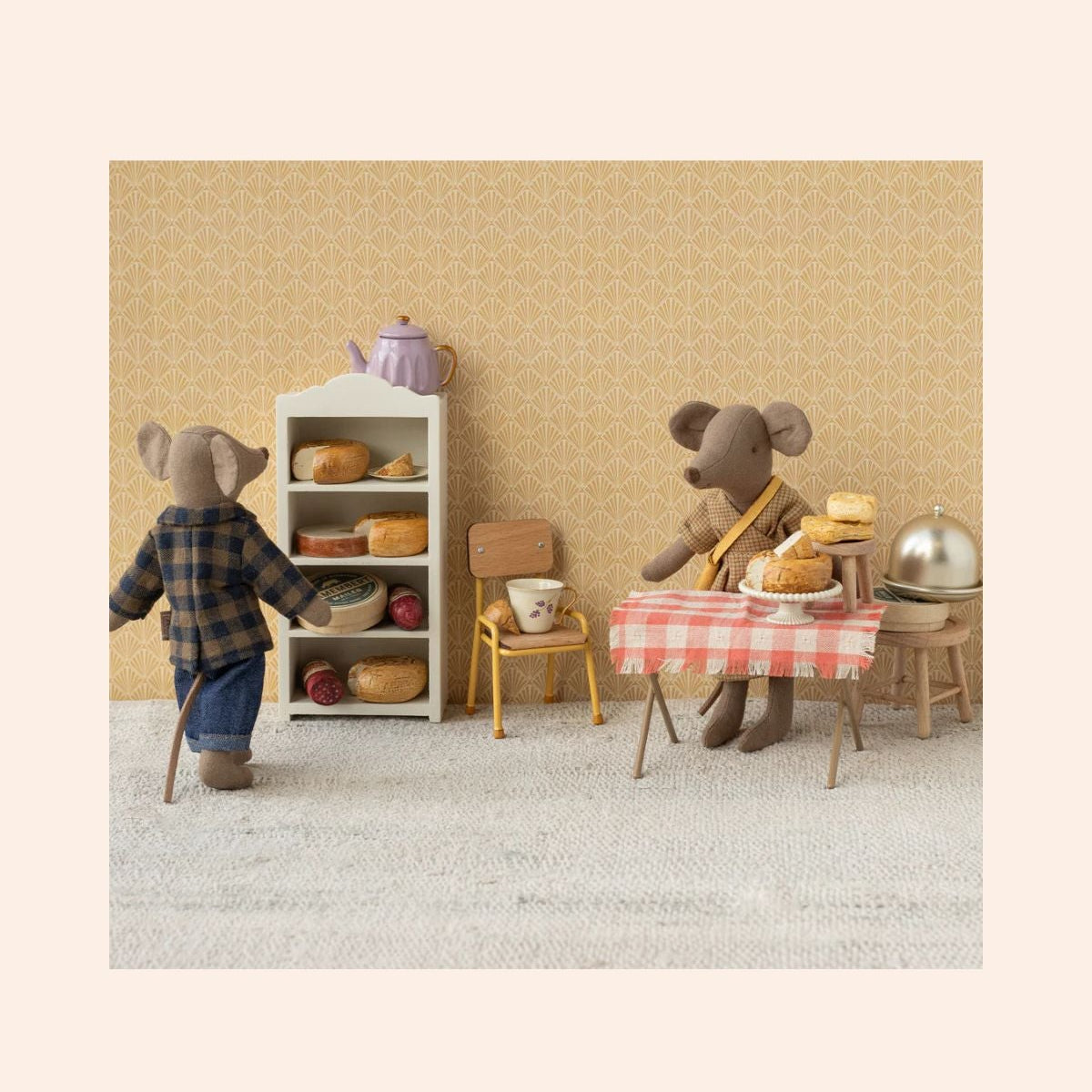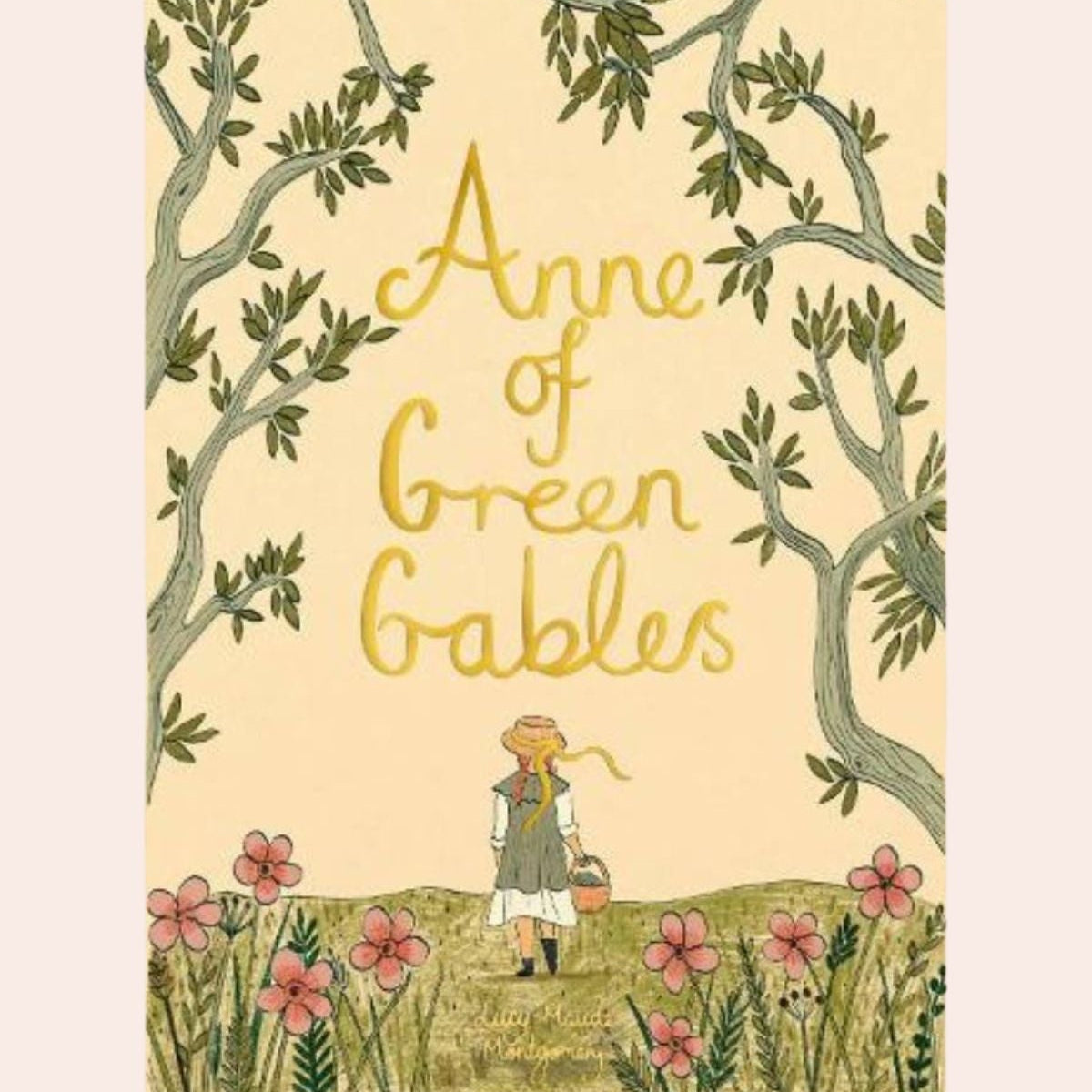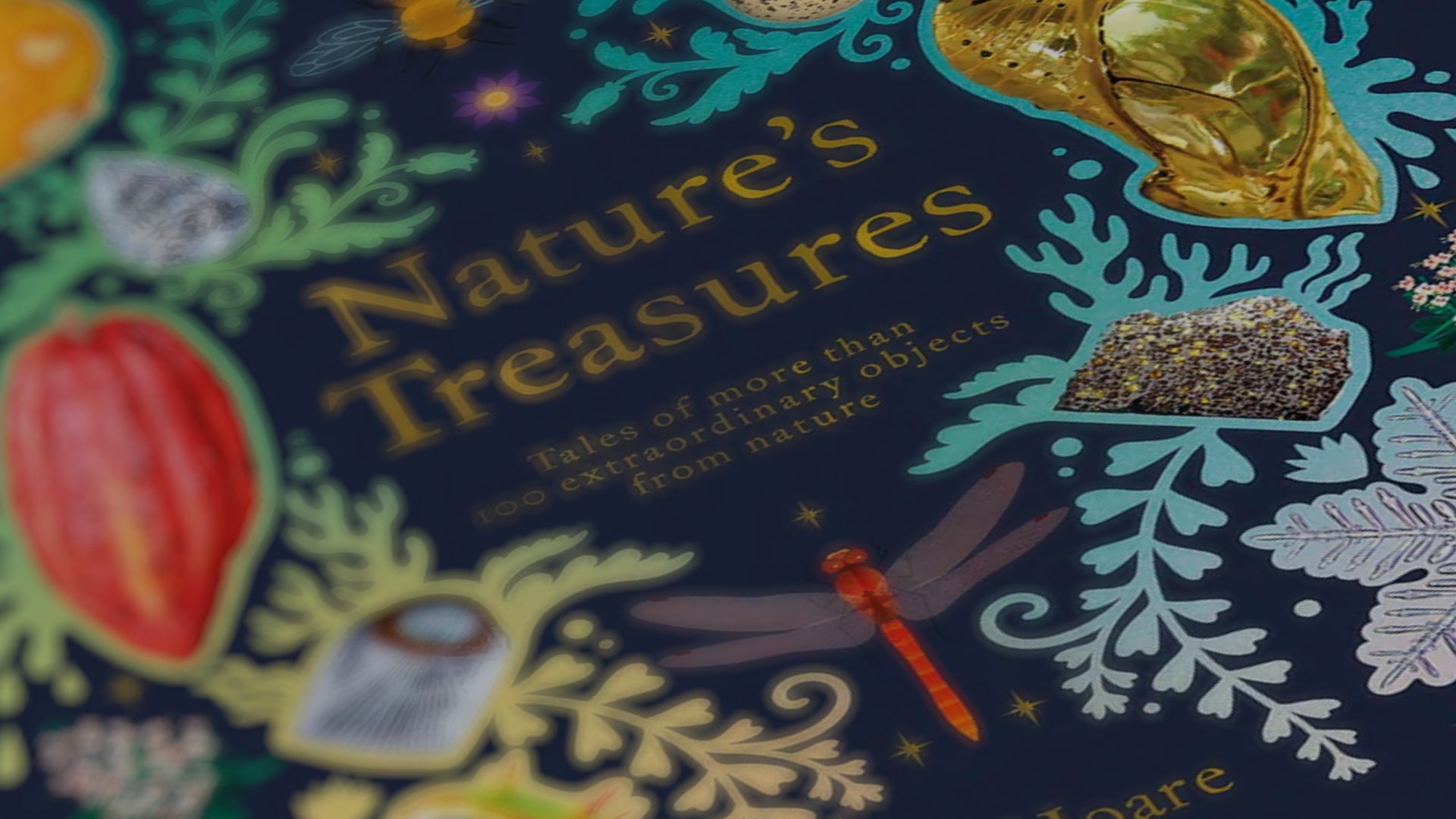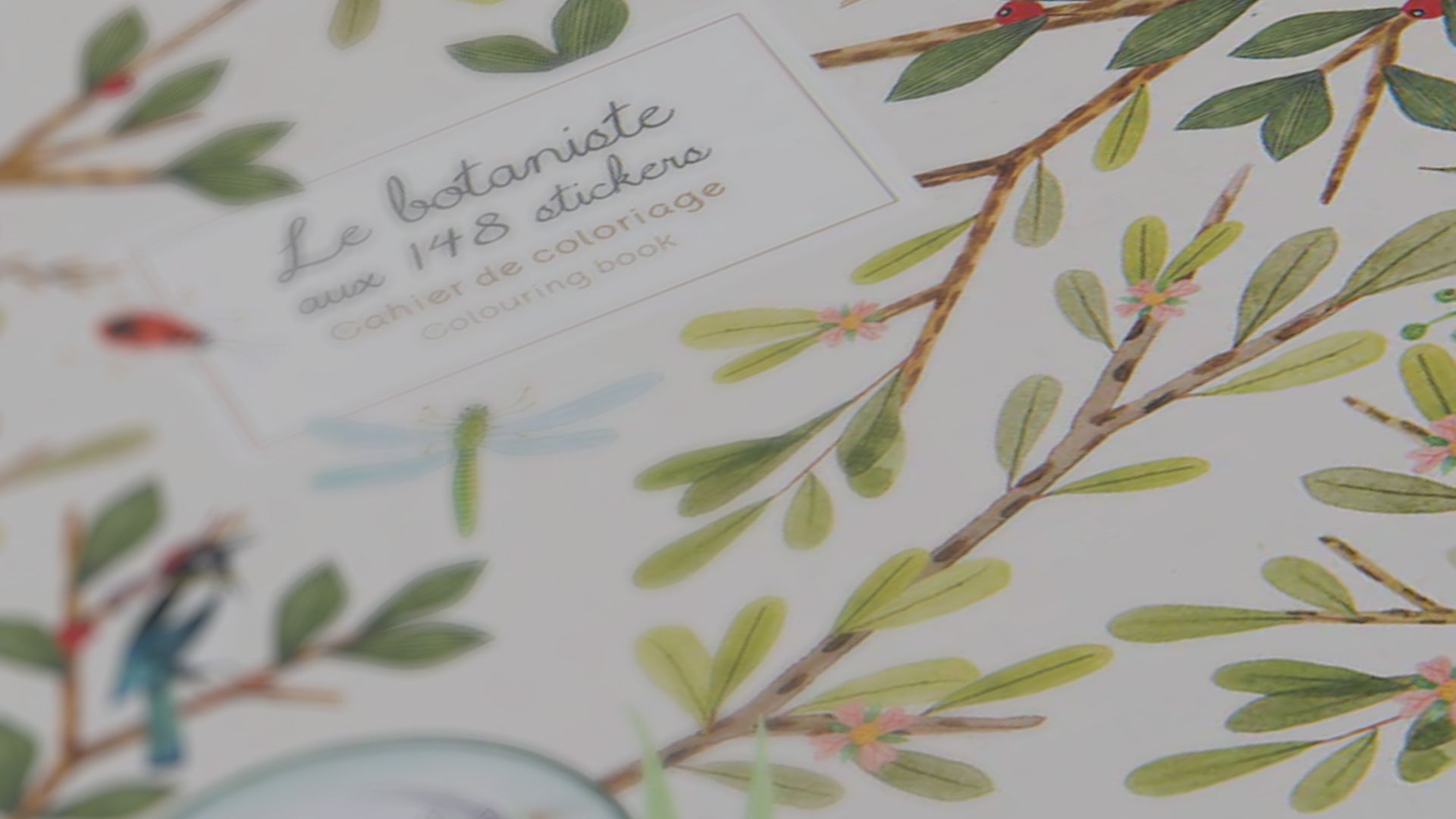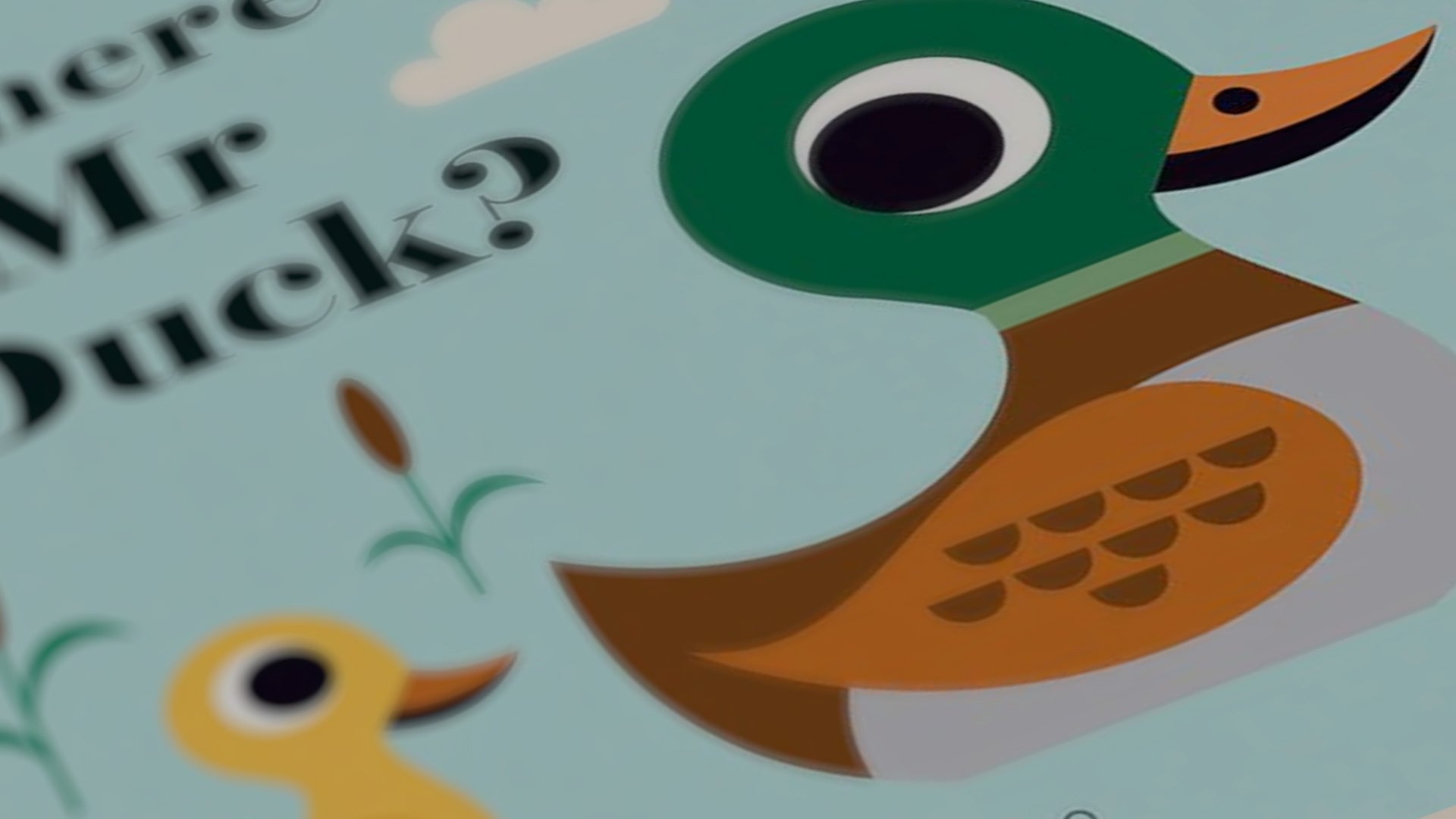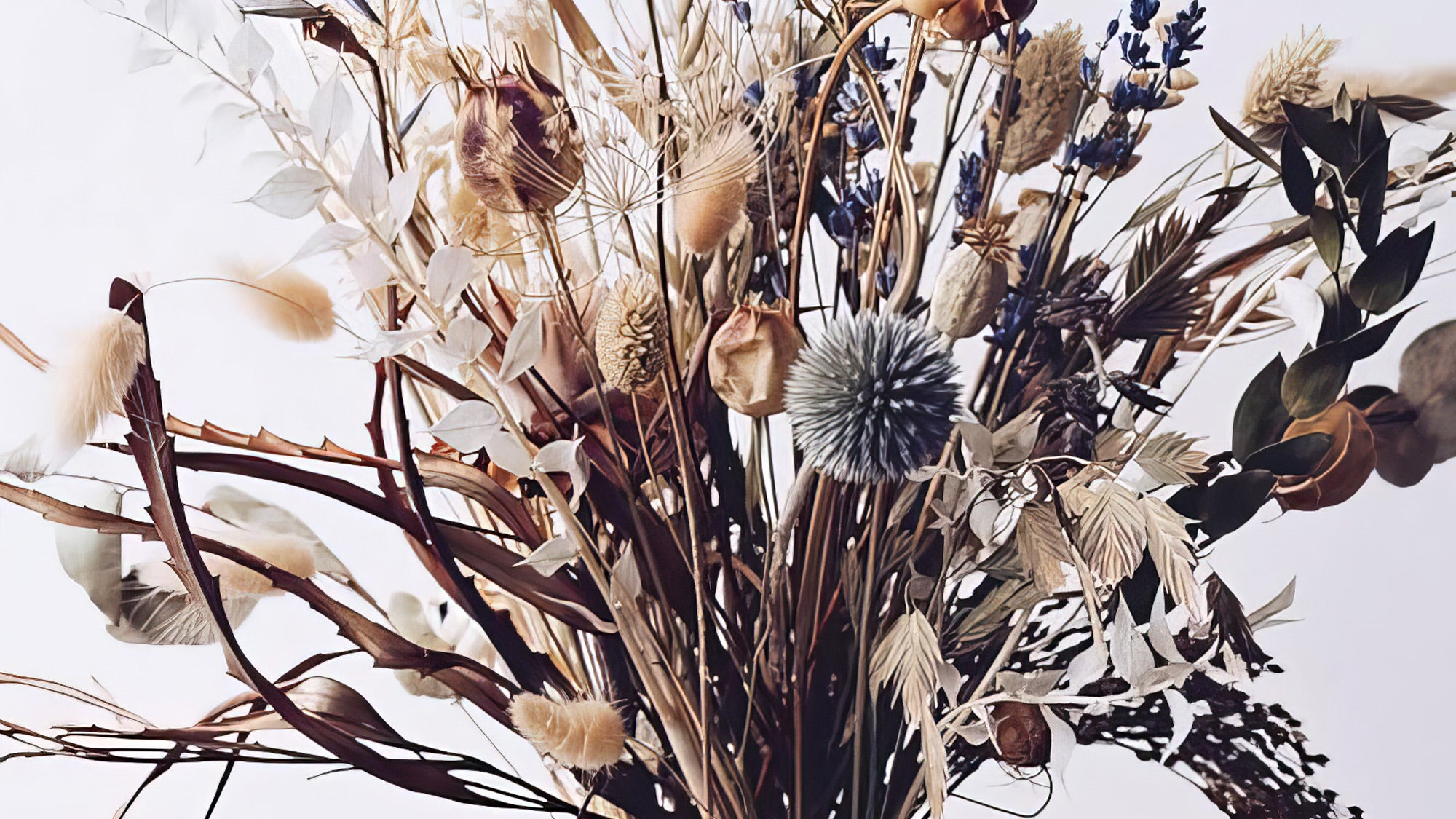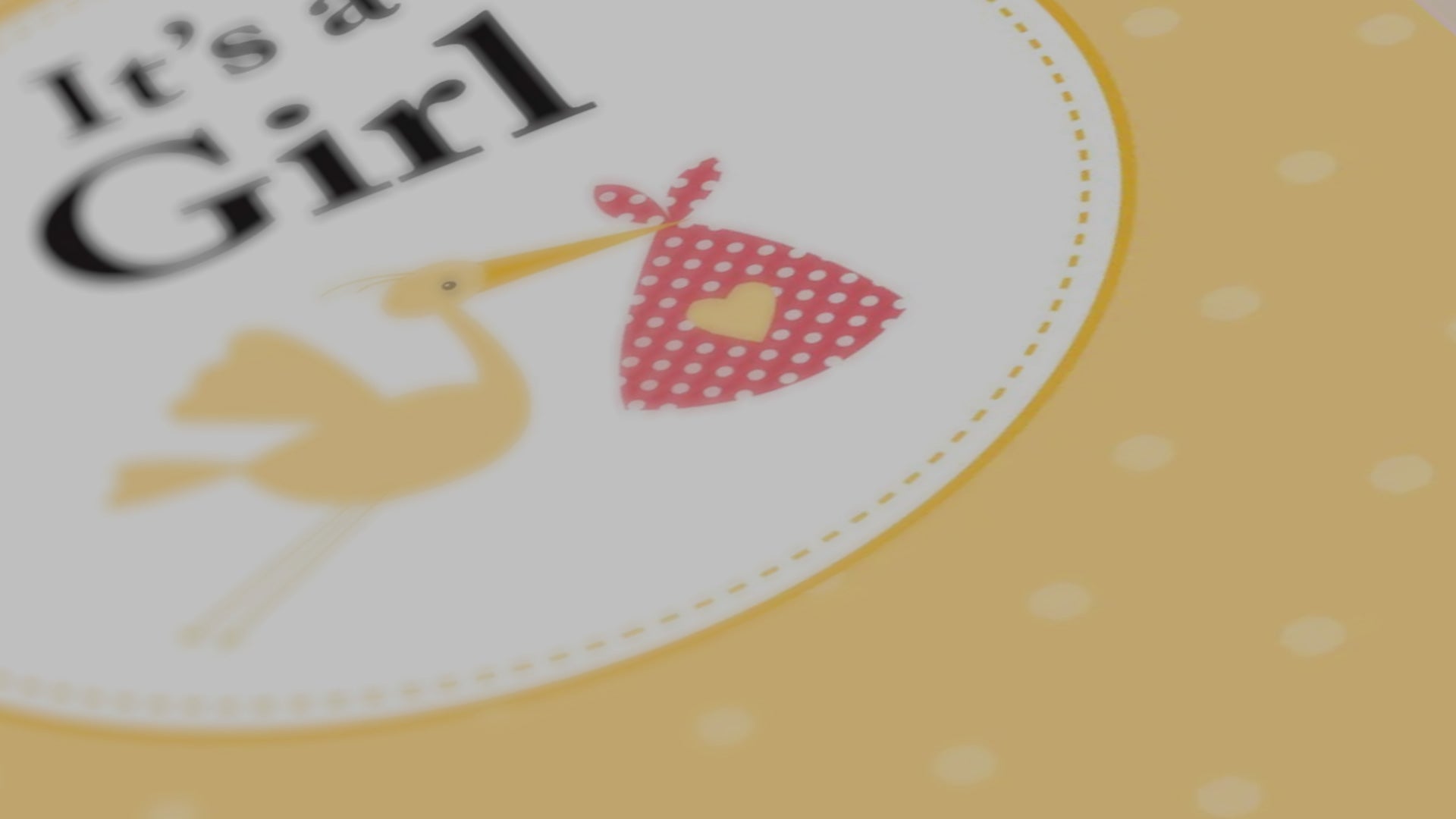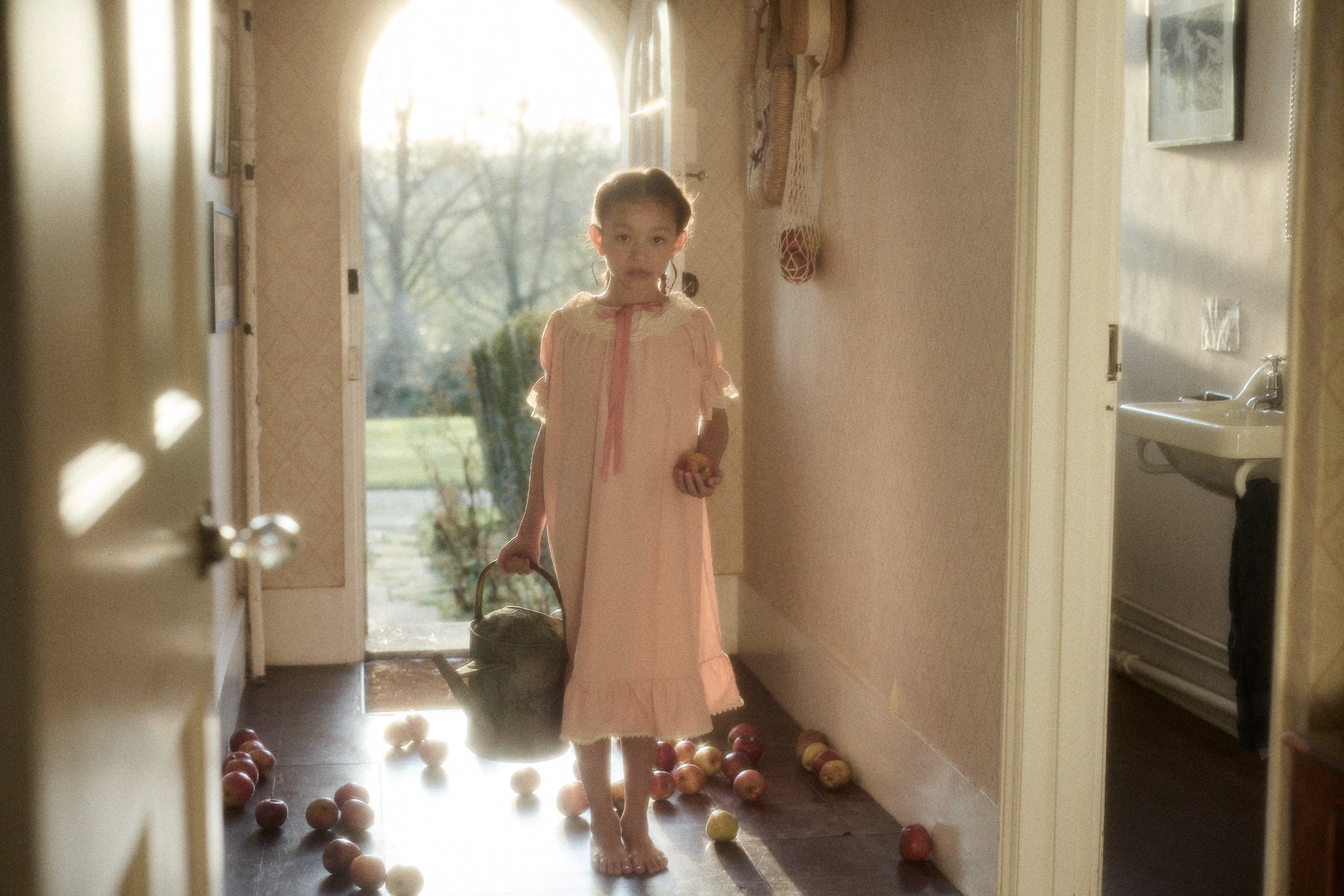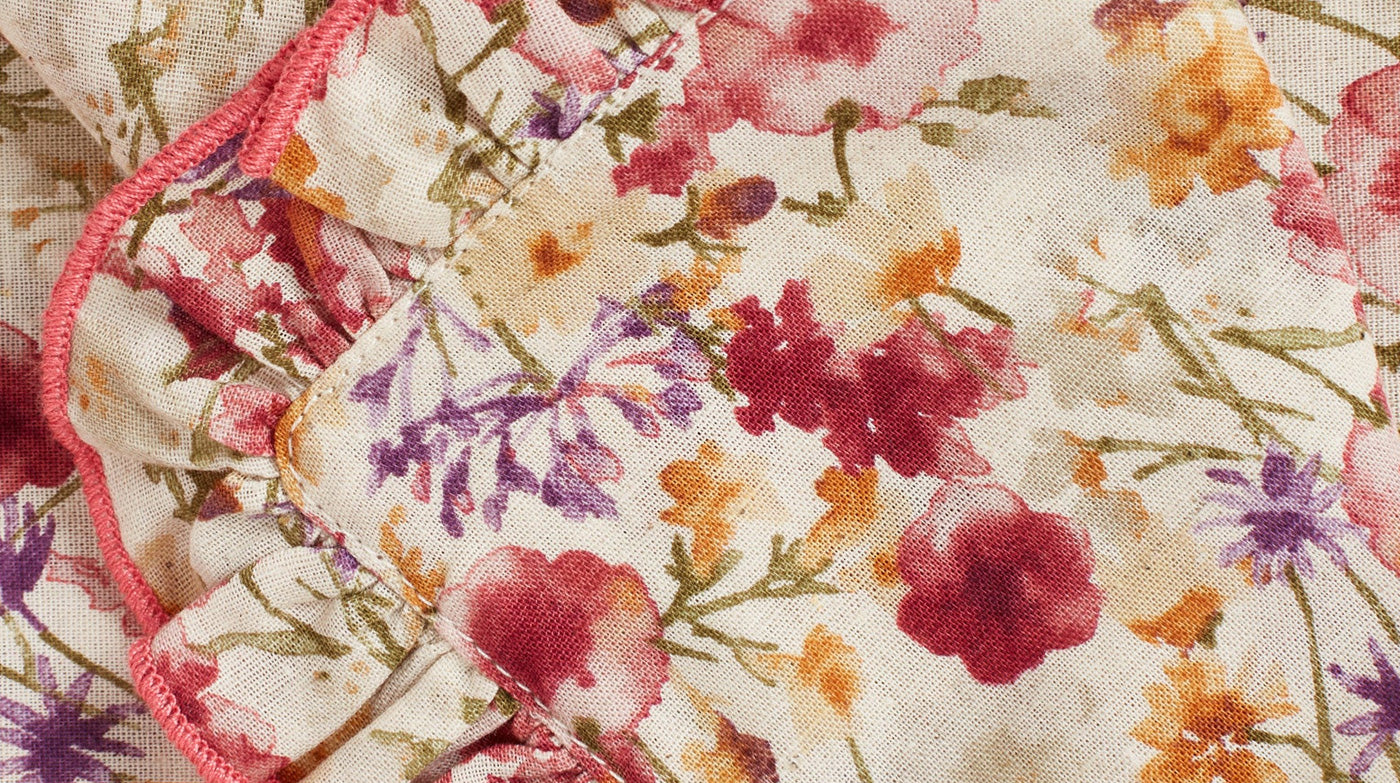The Power of Bedtime
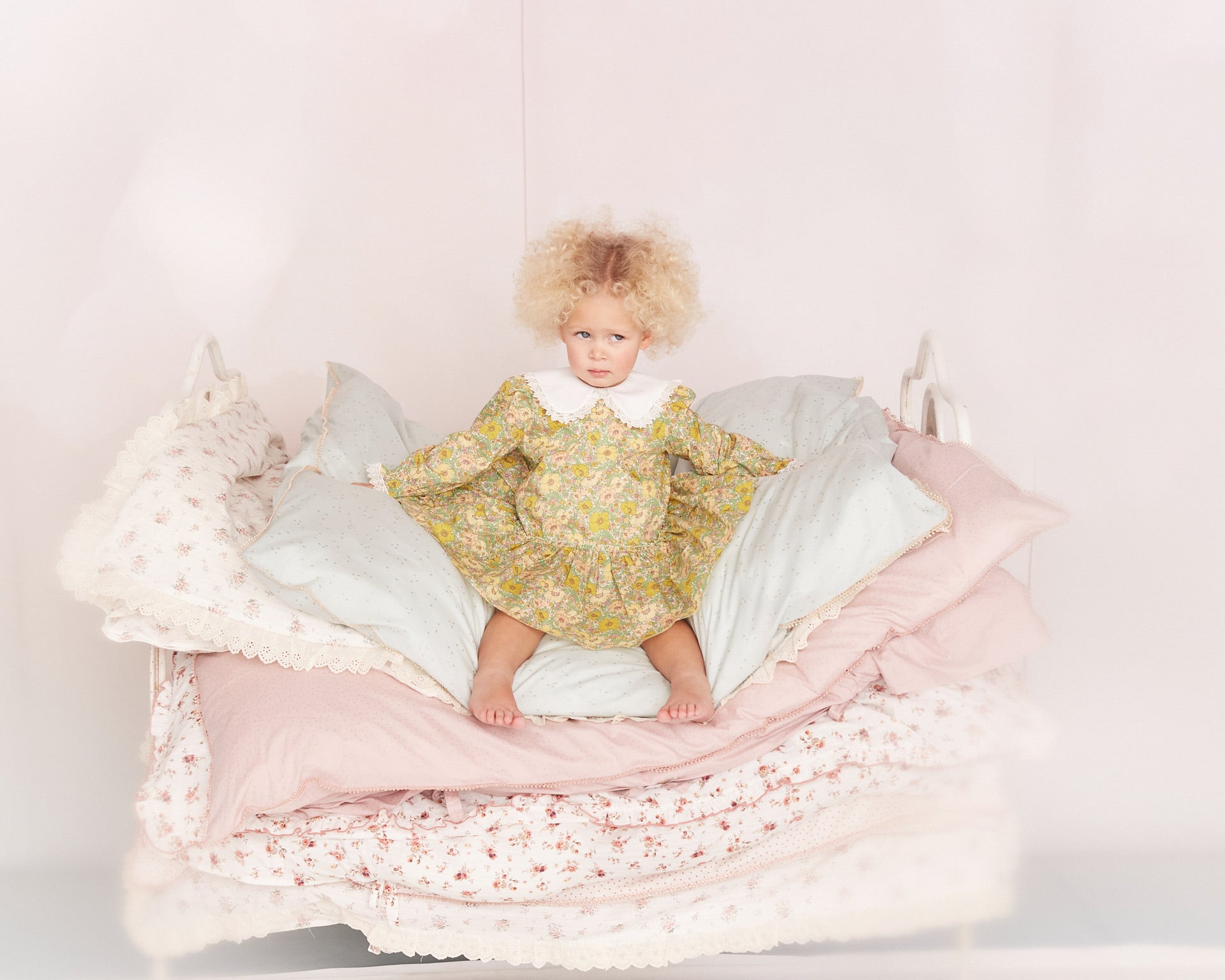
Are you ready for World Storytelling Day on Sunday? It’s a precious reminder of the power of bedtime rituals and those influential tales we plant in children’s minds.
A good night’s sleep is the ultimate luxury, and the steps that usher us to that happy place will colour our state of mind. While the phrase ‘sleep hygiene’ isn’t pretty, there’s no denying that a beautiful bedroom, soft pillow and caressing coverlet form part of an unspoken bedtime story – one that tells a child they are special and cherished and beautiful too.
What bedtime ritual is lovelier than curling an arm around a little one, opening a gorgeous book, and transporting them to another world? Yet the messages embedded in these tales shape the architecture of children’s hopes and expectations for years to come. So it’s worth taking time to discuss the moral of the story before light’s out.

The most dangerous fairy tale for fussy little girls is The Princess & the Pea. Who can forget the pernickety young heroine? She pitches up at a castle one dark and stormy night, drenched and seemingly penniless, yet claiming to be a princess. So her suspicious hostess, a verified queen with an unmarried son, puts her to the test, planting a pea under a mountain of mattresses. When the girl complains of a terrible night’s sleep, her claim is considered proven. And she bags herself a husband – a prince to make her a princess.
Is hypersensitivity evidence of discernment or of diva-level rudeness, worthy of royalty? When Hans Christian Andersen wrote this story, surely a mischievous smile twitched his lips. He must have known how many girls would lap it up, then stop to wonder if they were quite so dainty – and if not, would anyone want to marry them?
No parent will thank Andersen for linking insomnia to prestige (a theme that pops up in that pernicious story of all-night ravers, The Dancing Princesses). The moral we prefer to take from The Princess & the Pea is that noticing your environment – whether you have twenty duvets or just one perfect cushion – is part of being a refined and thoughtful human being.

